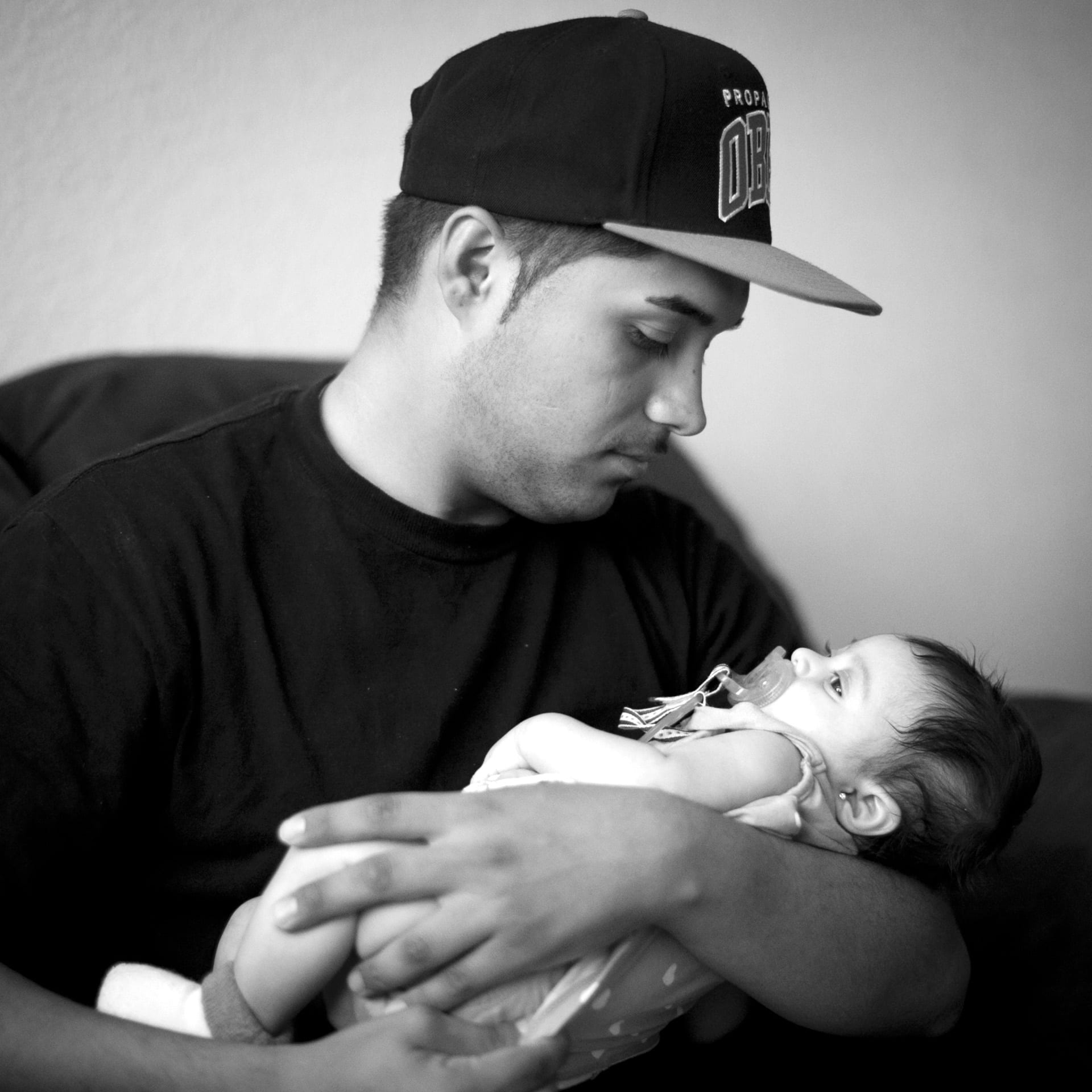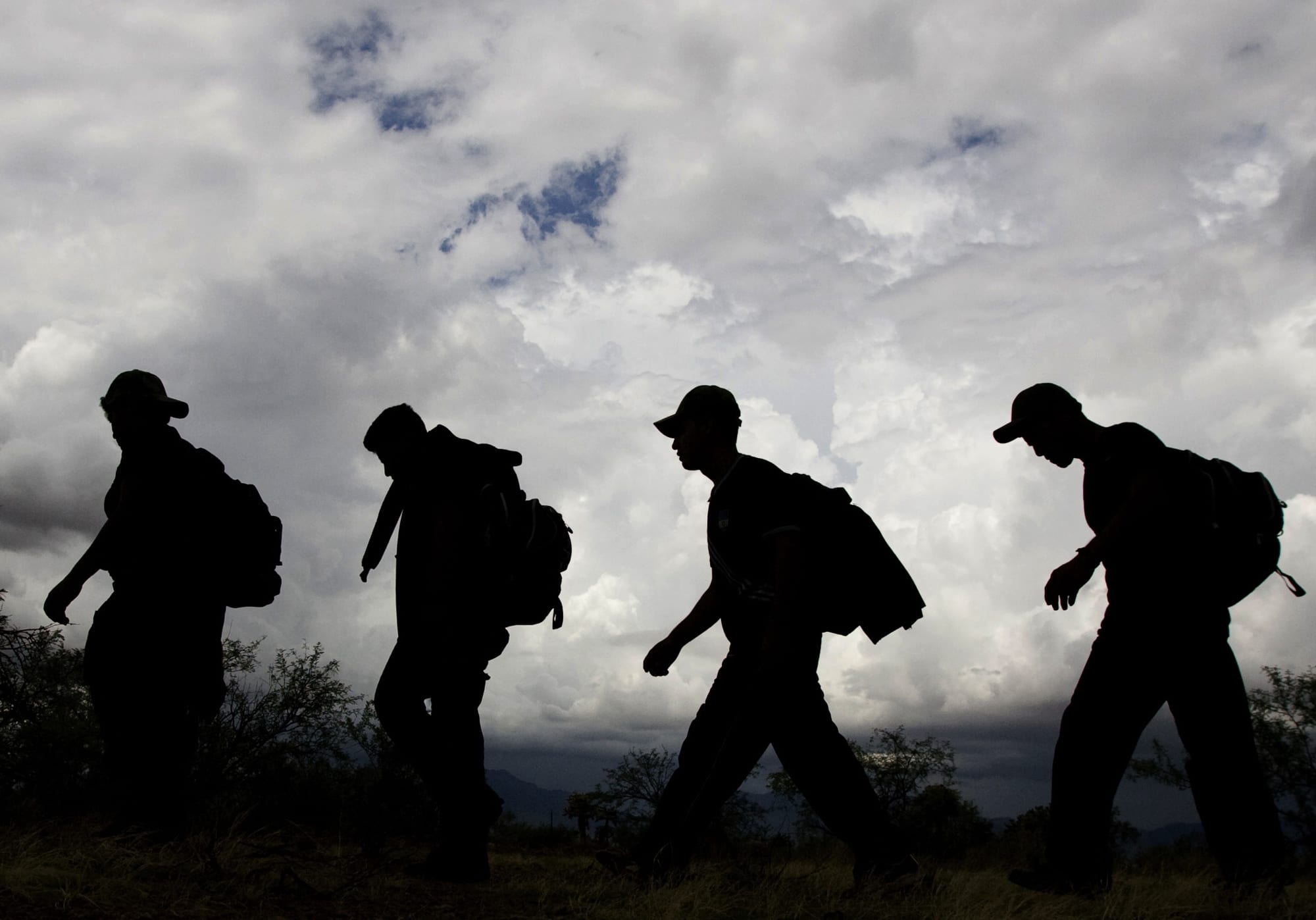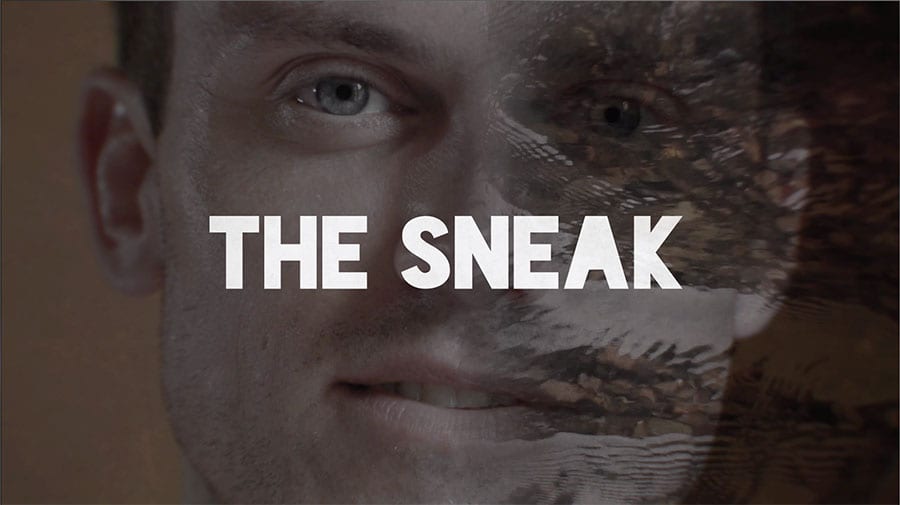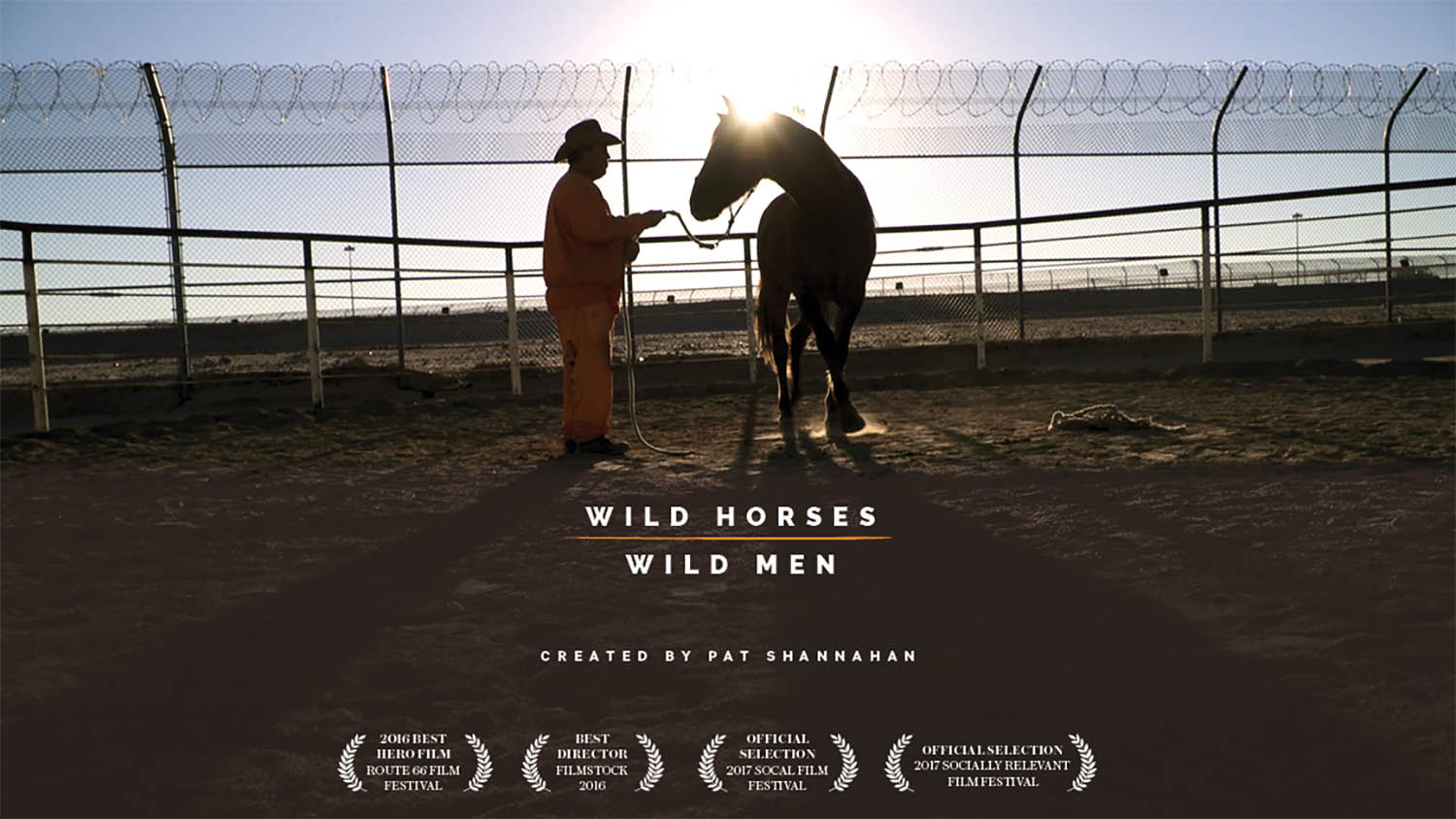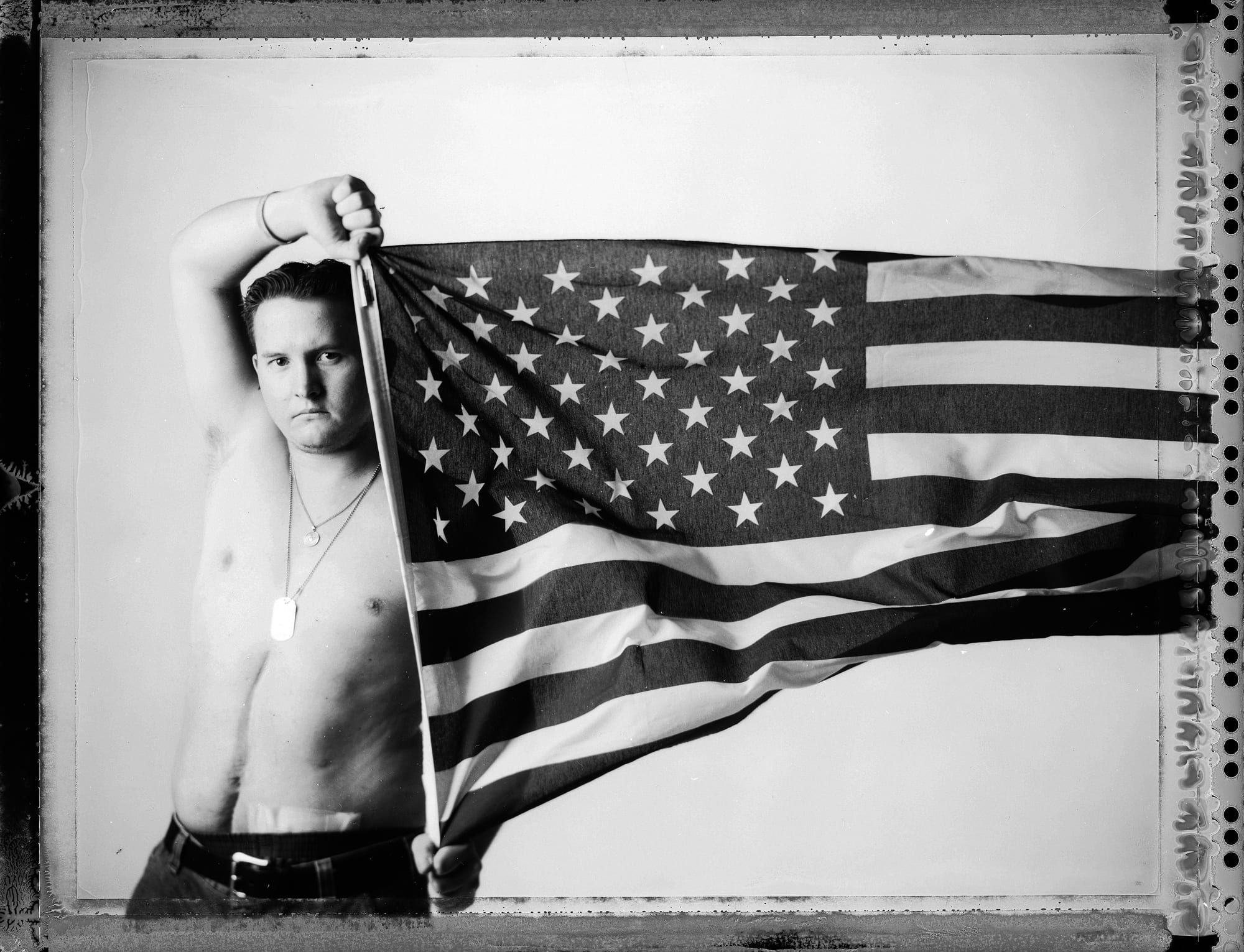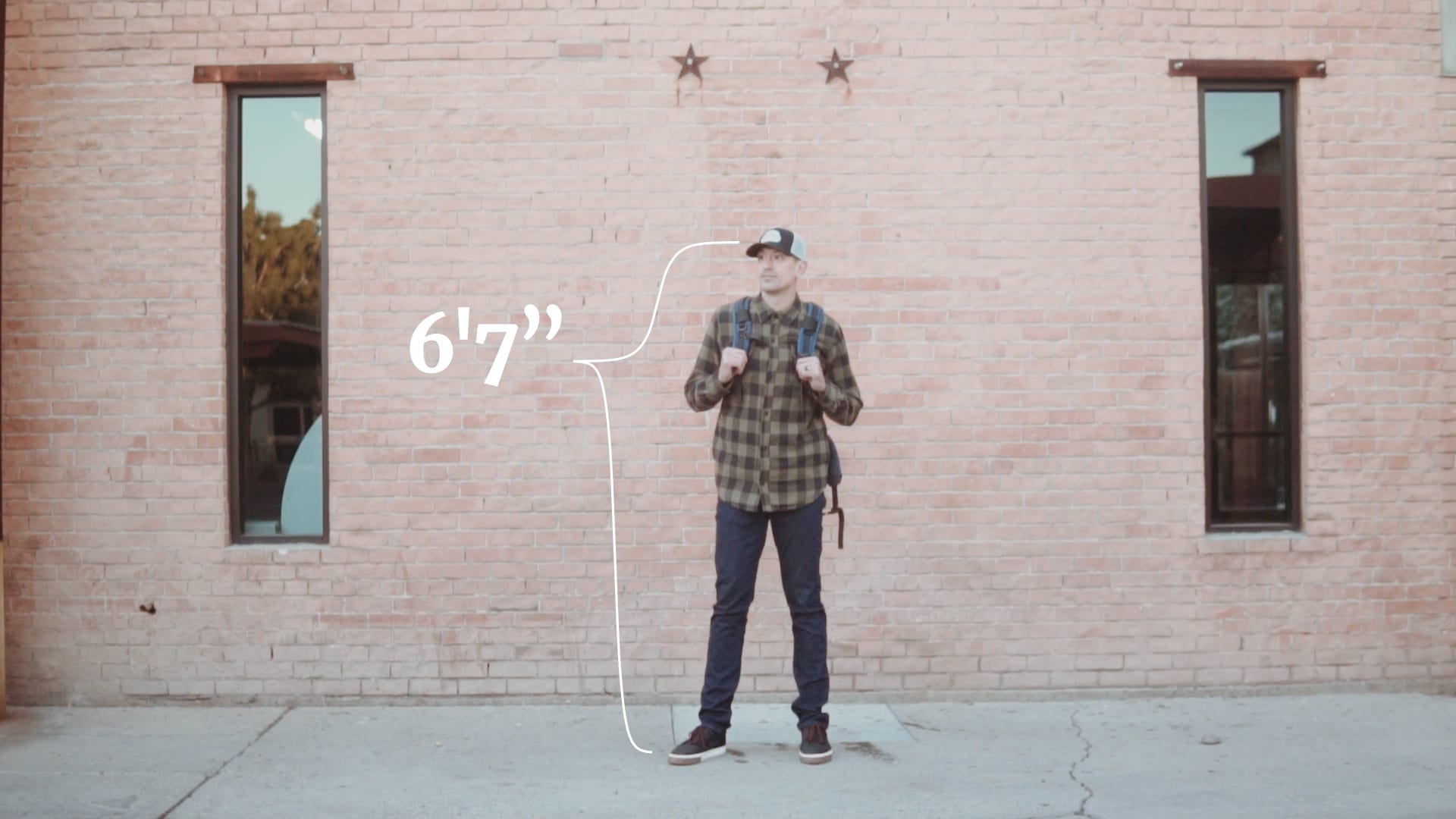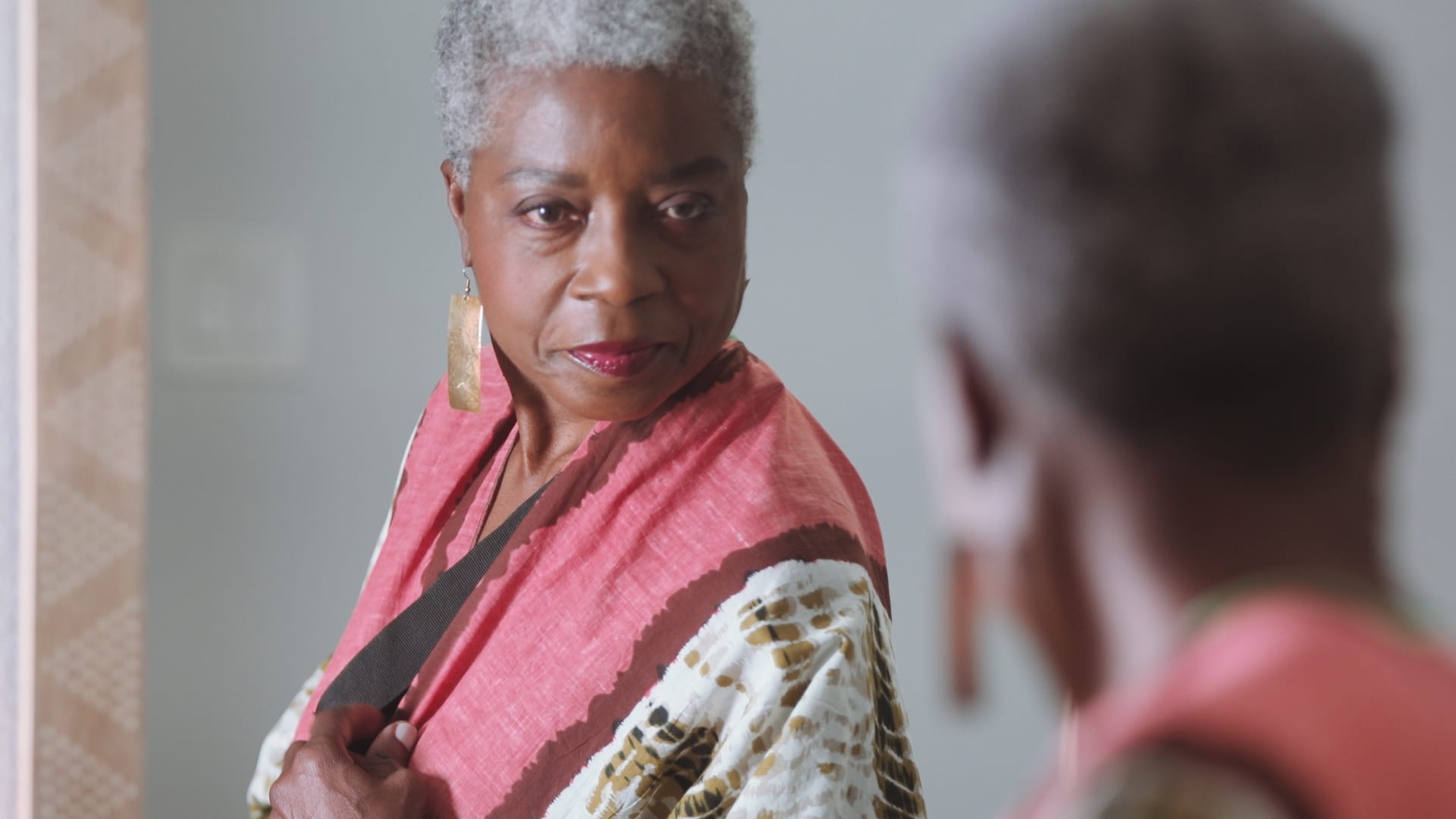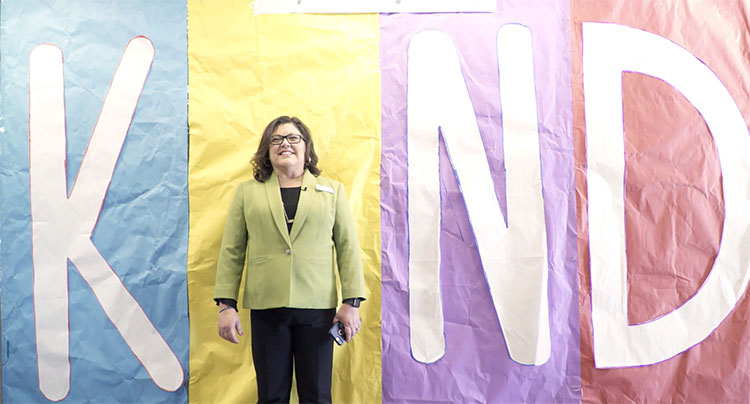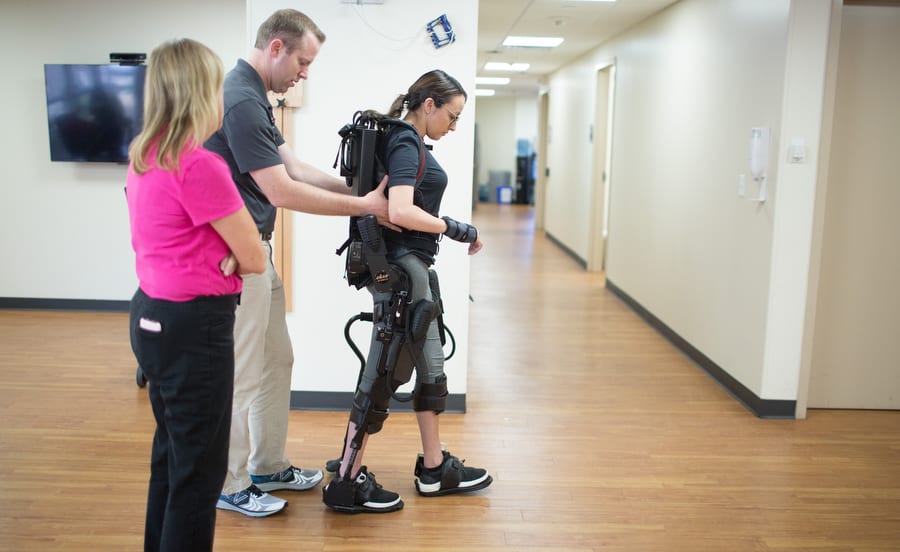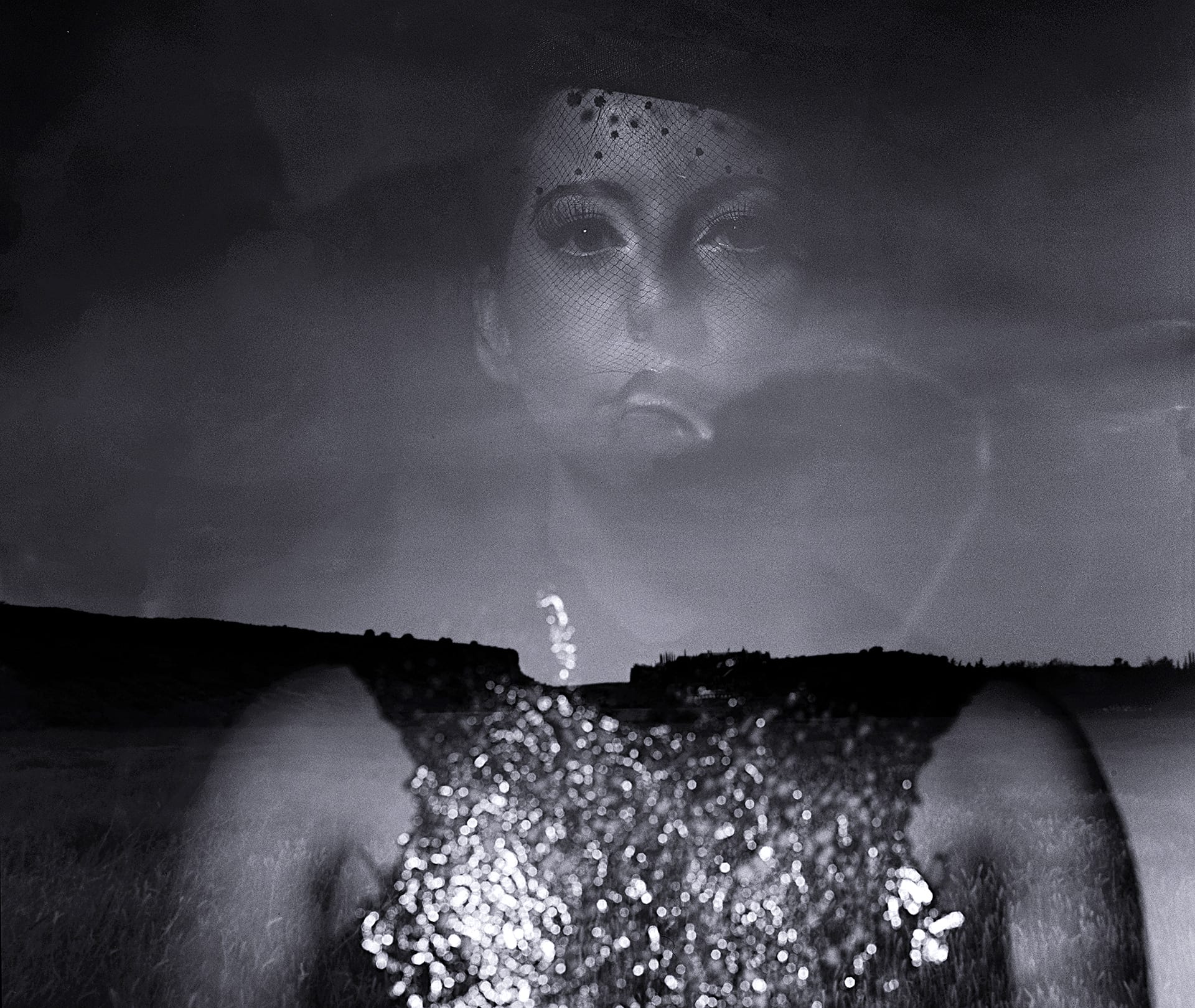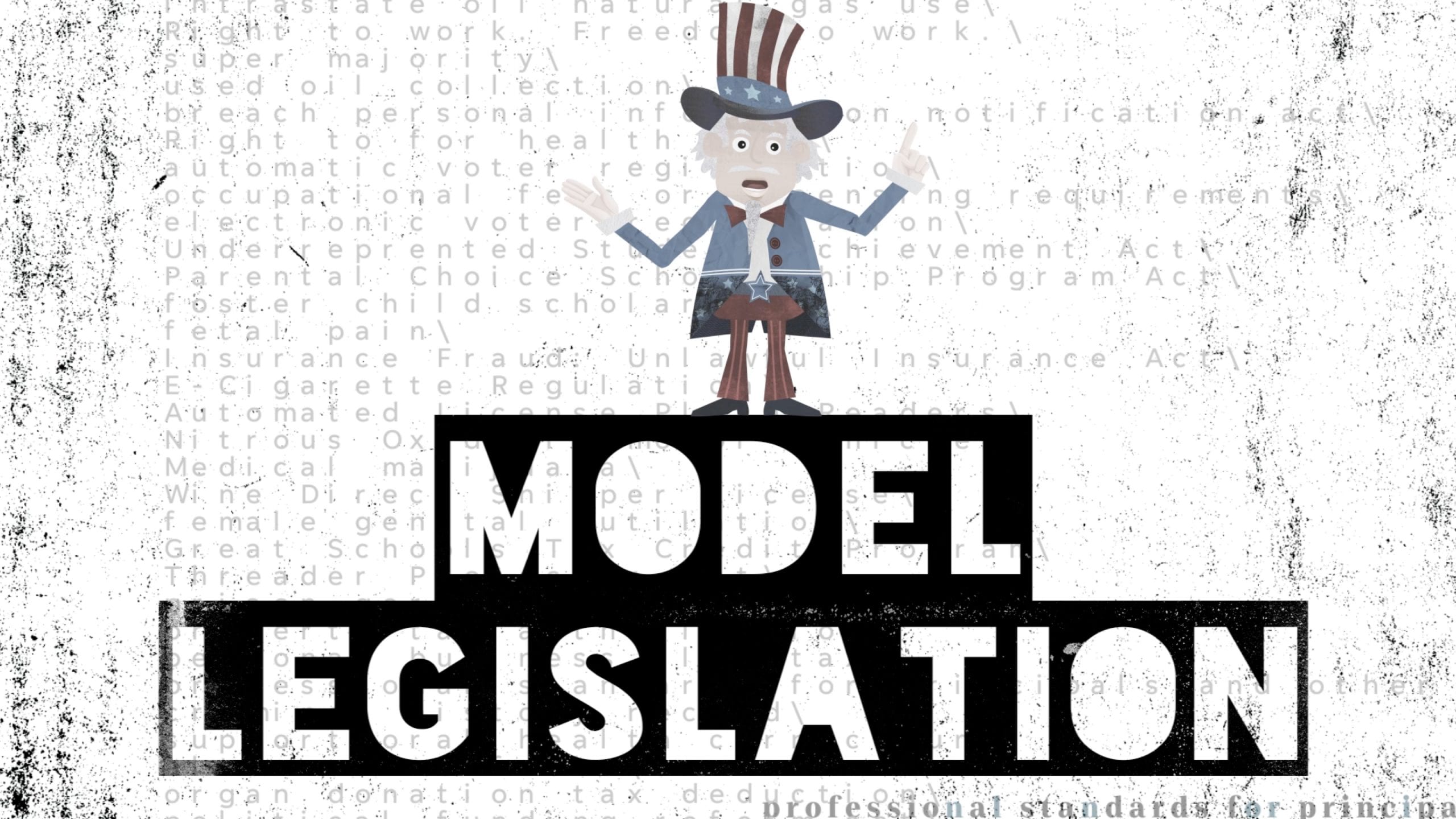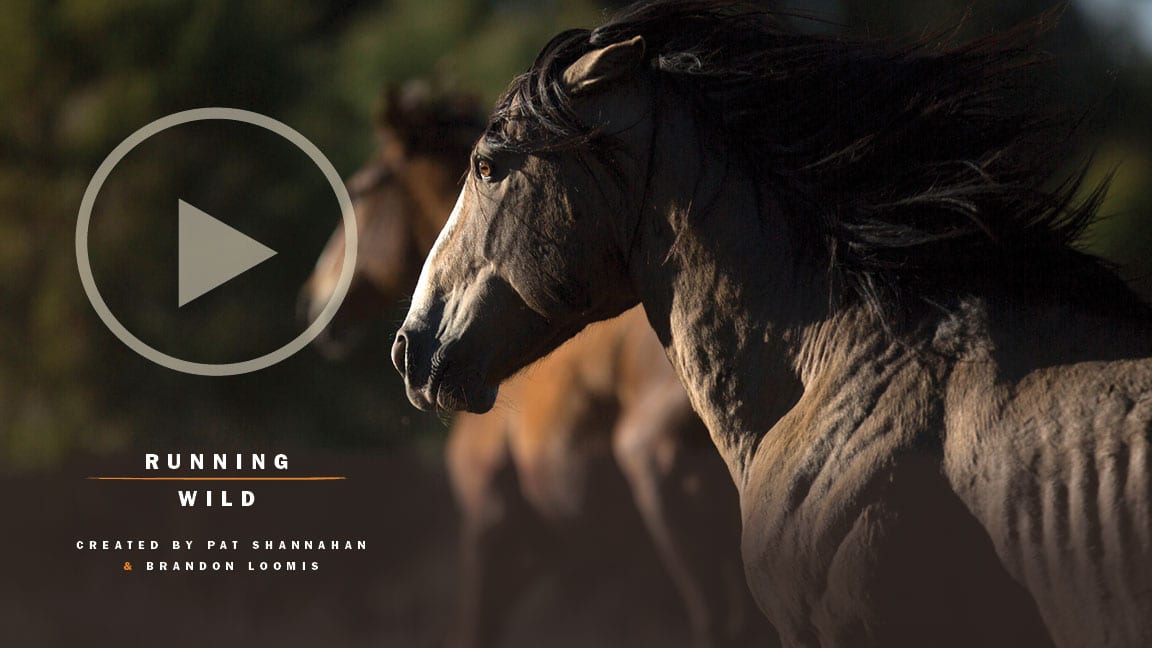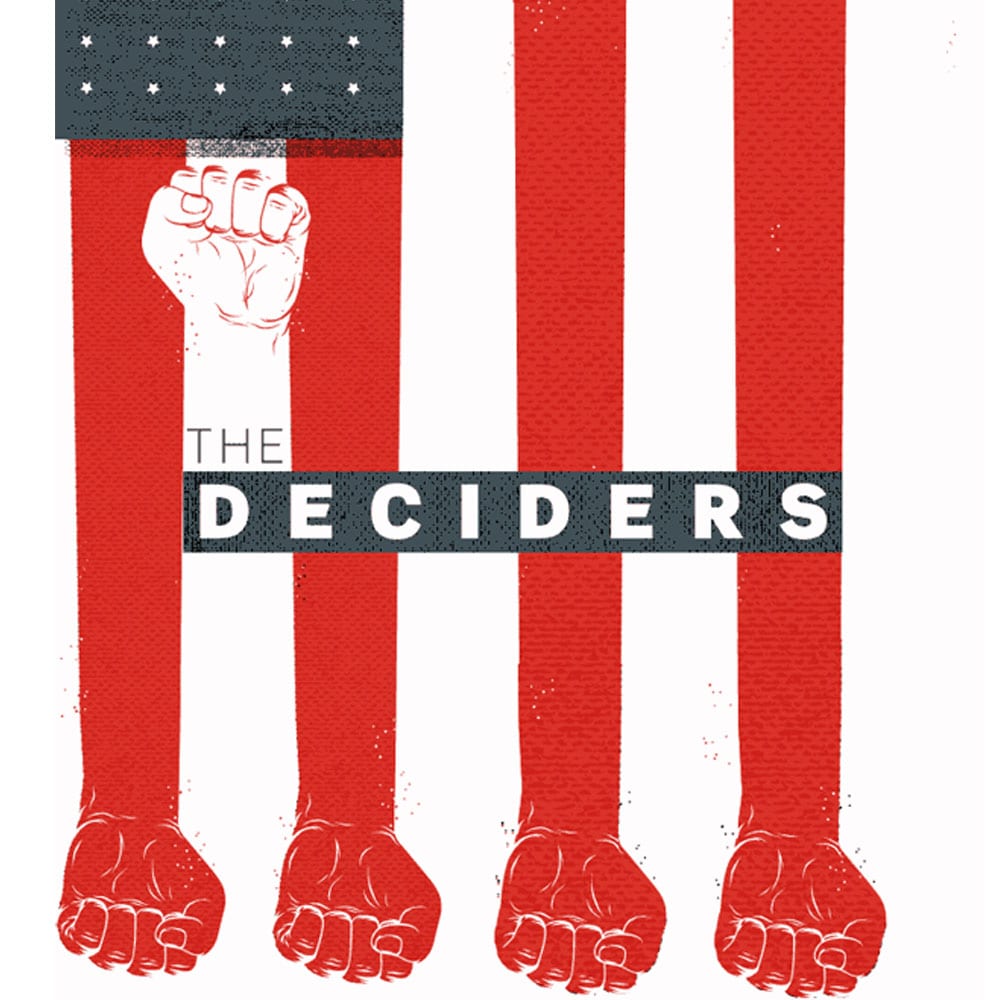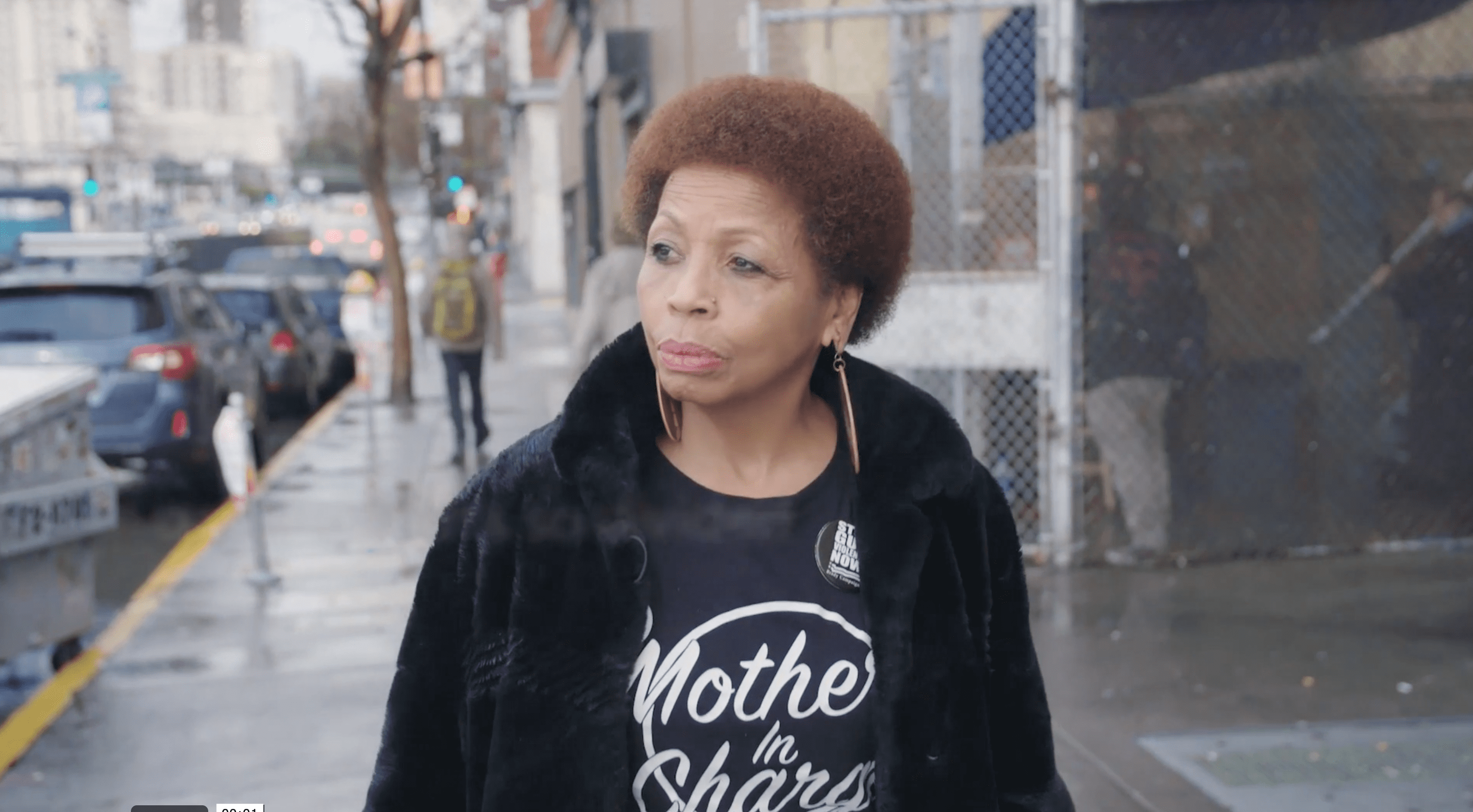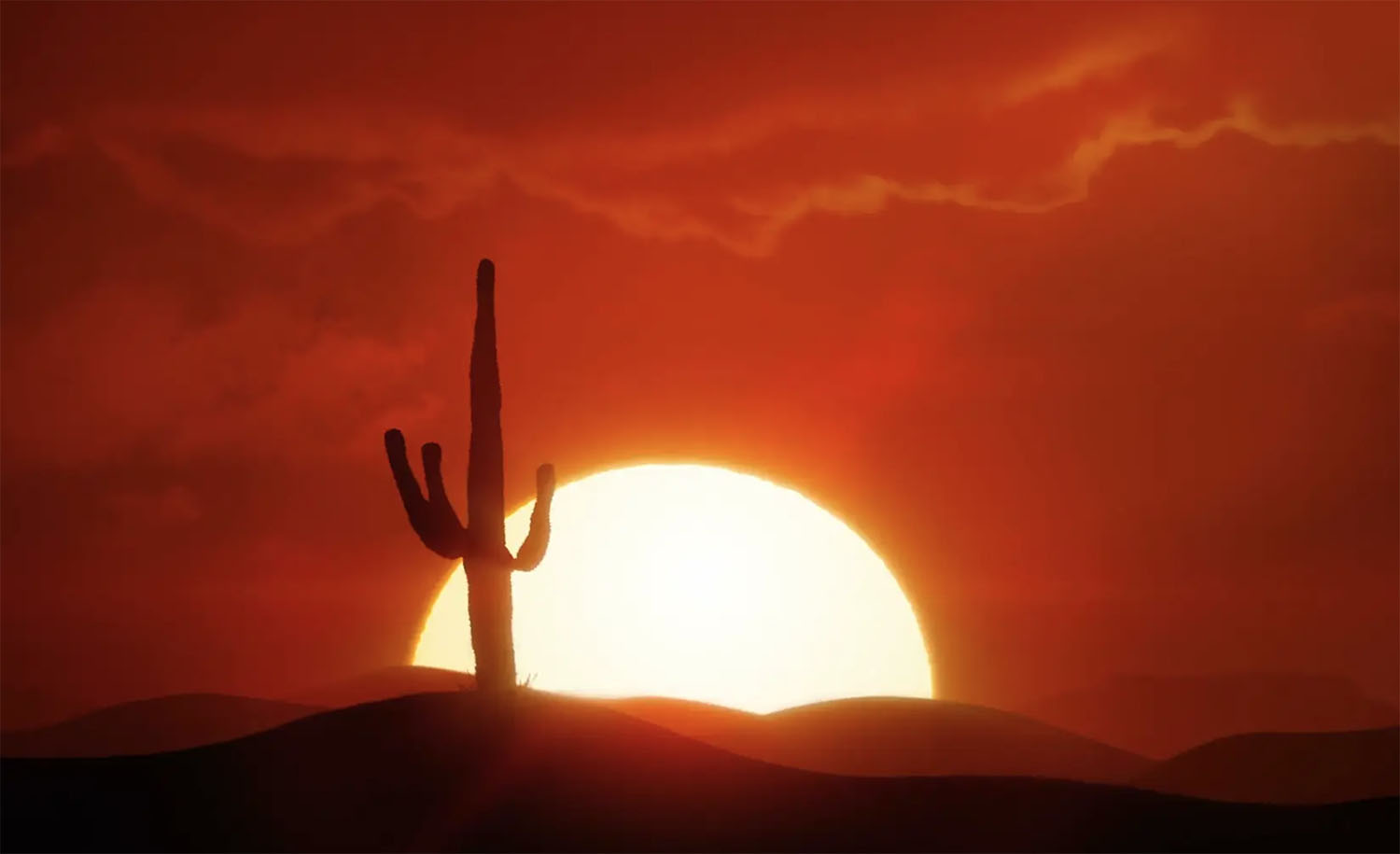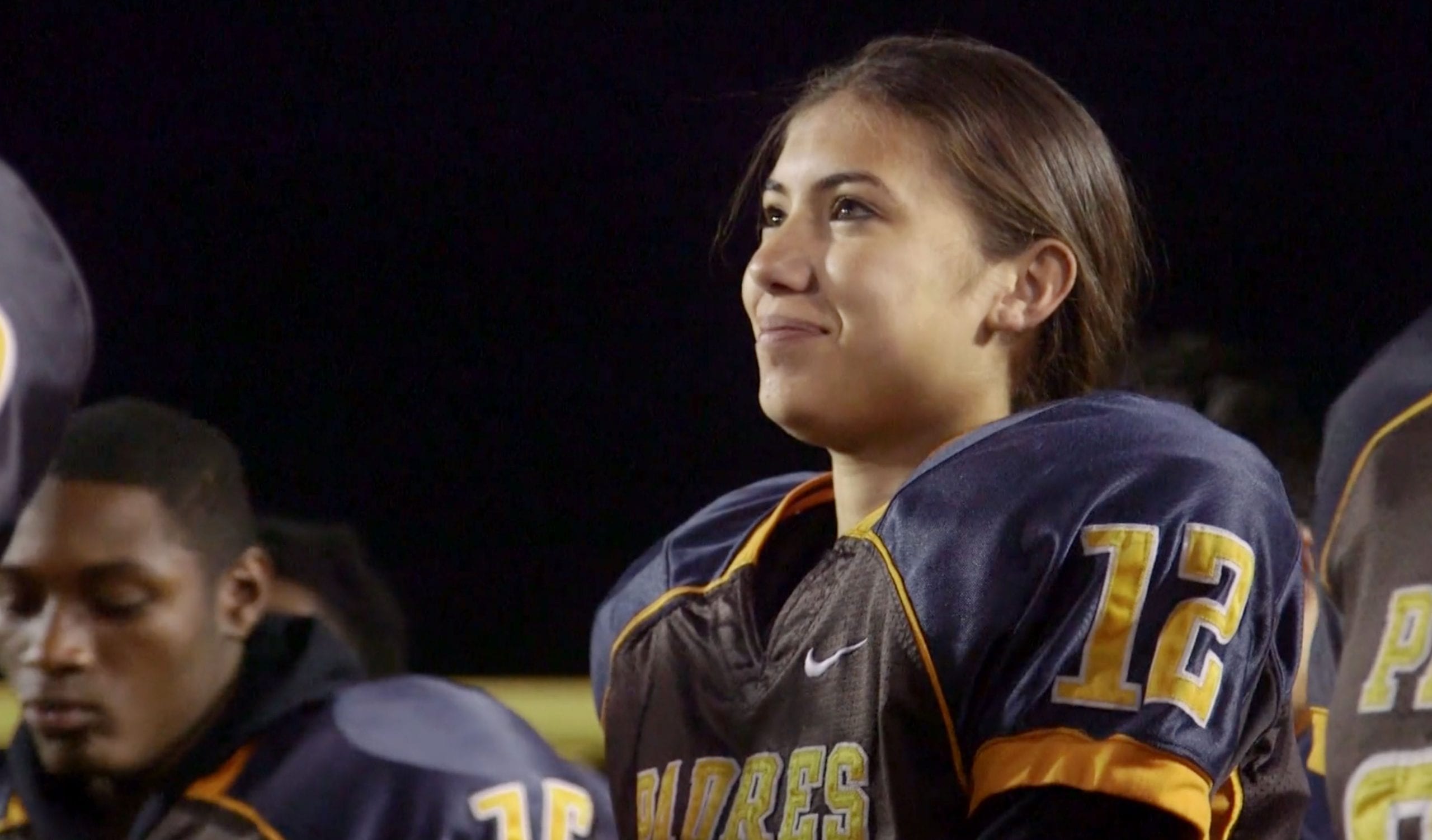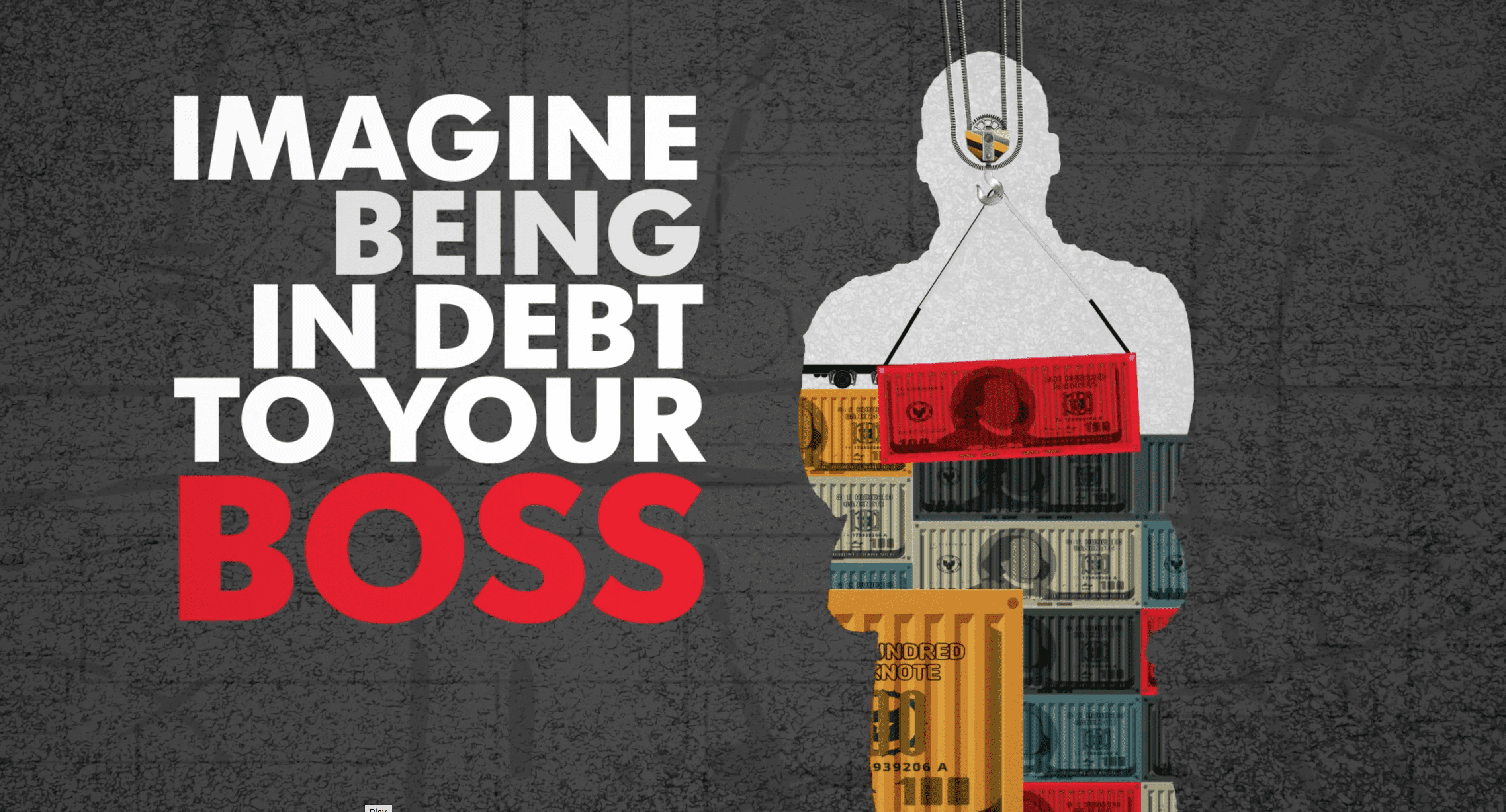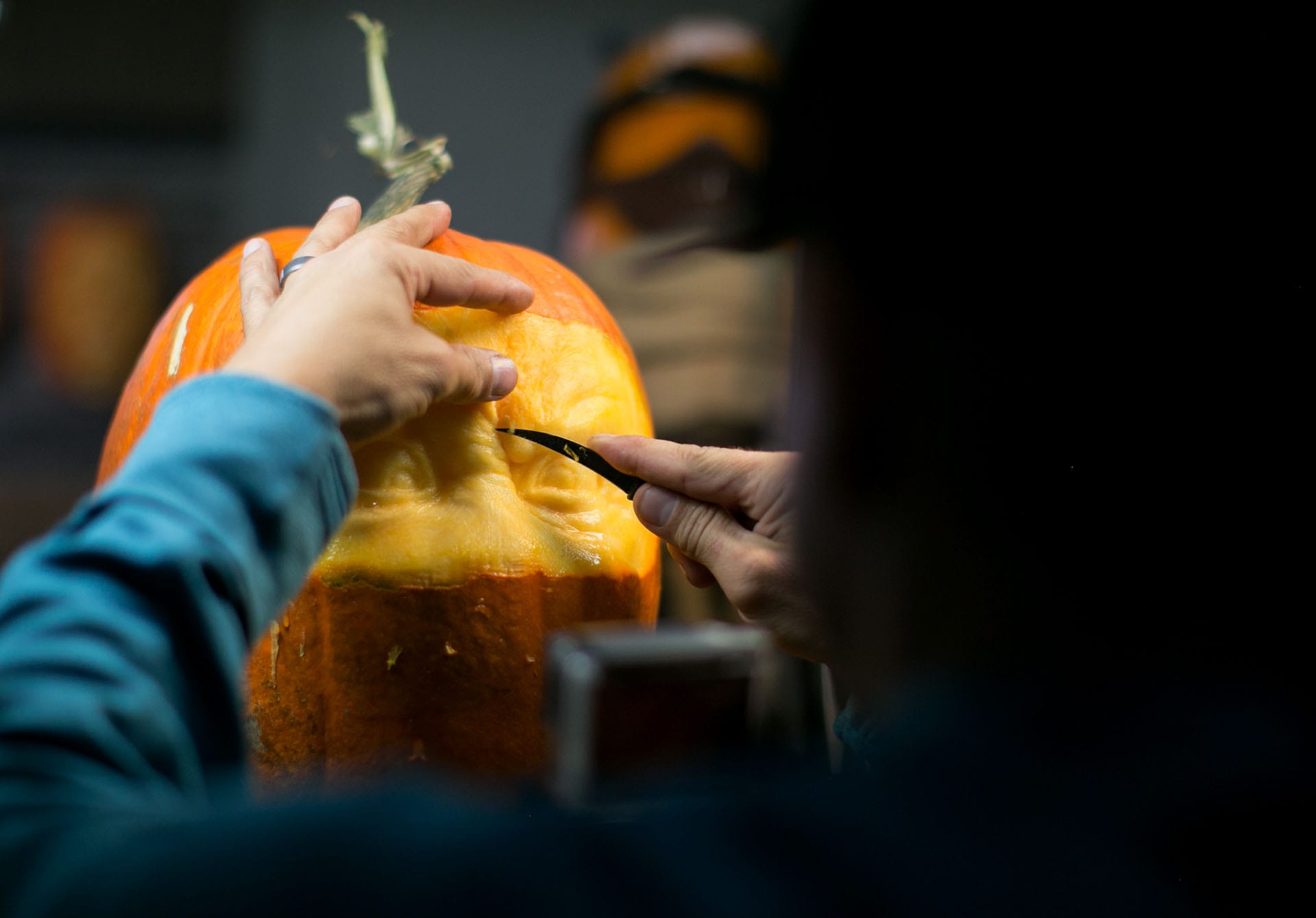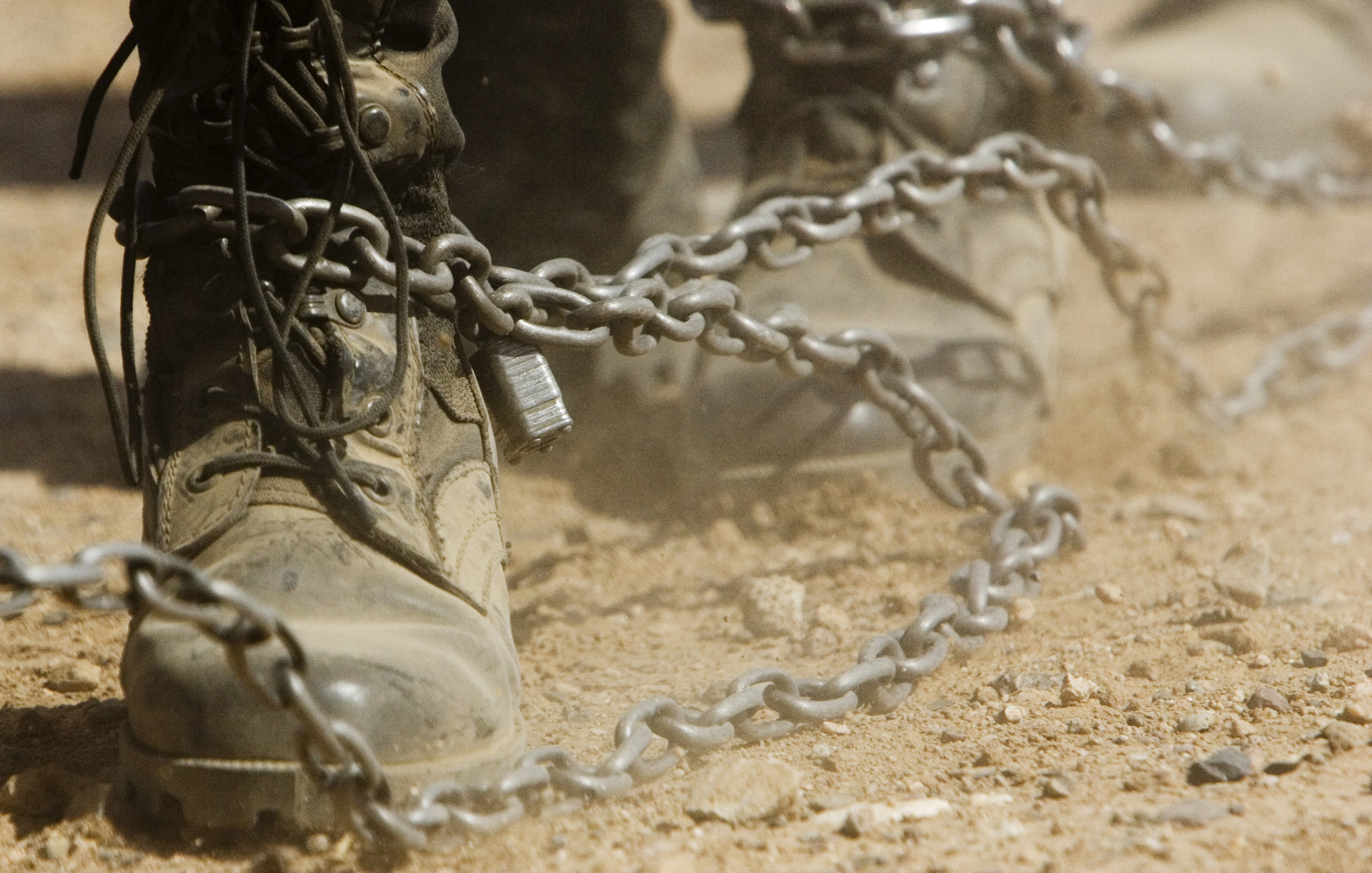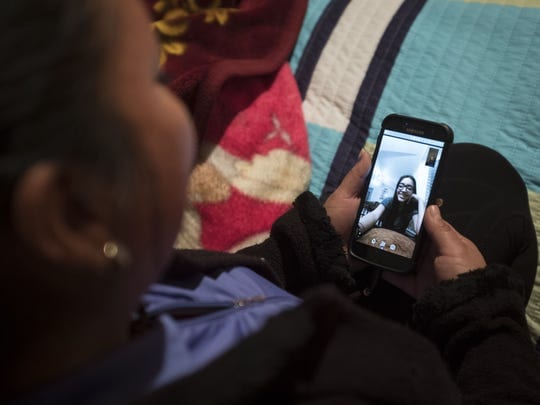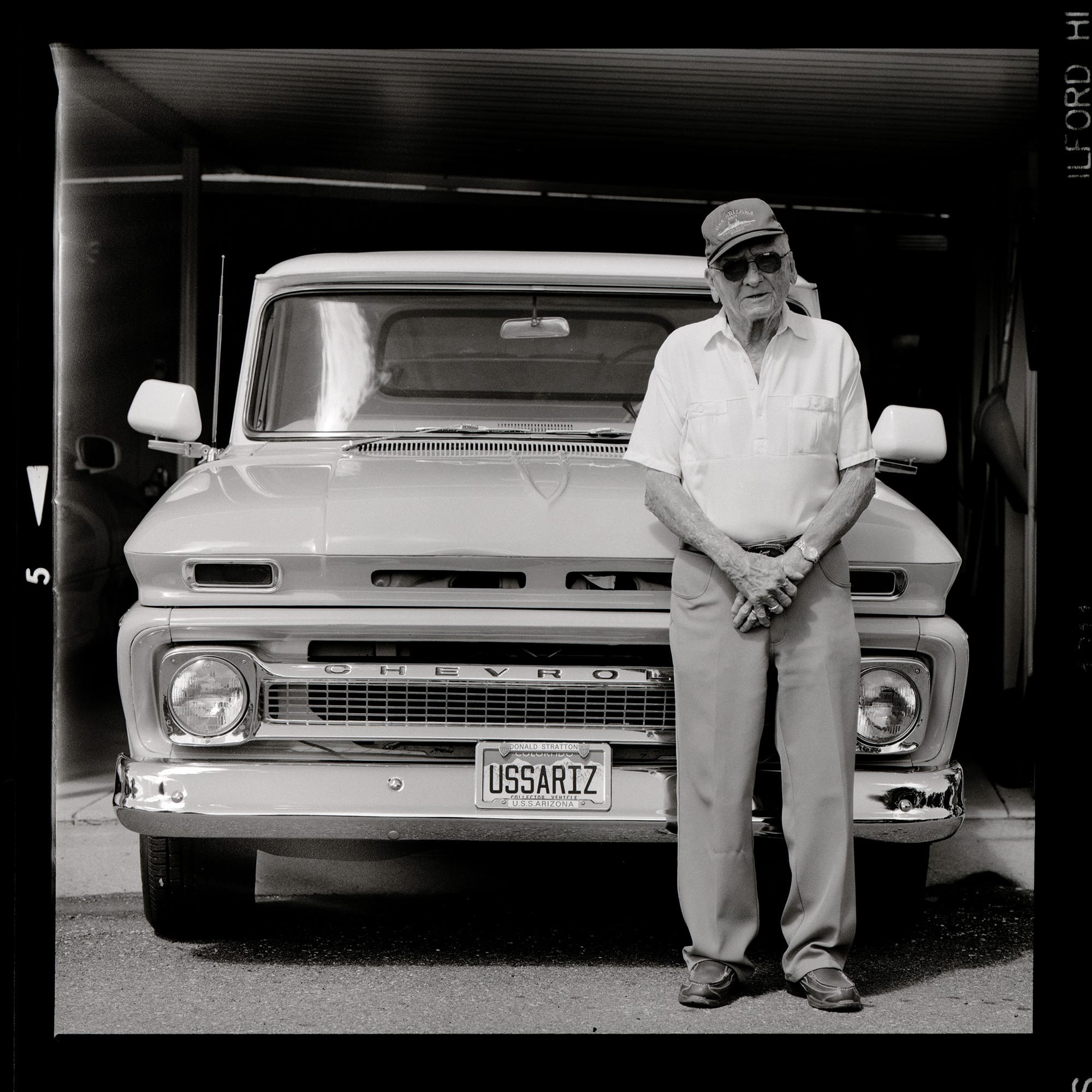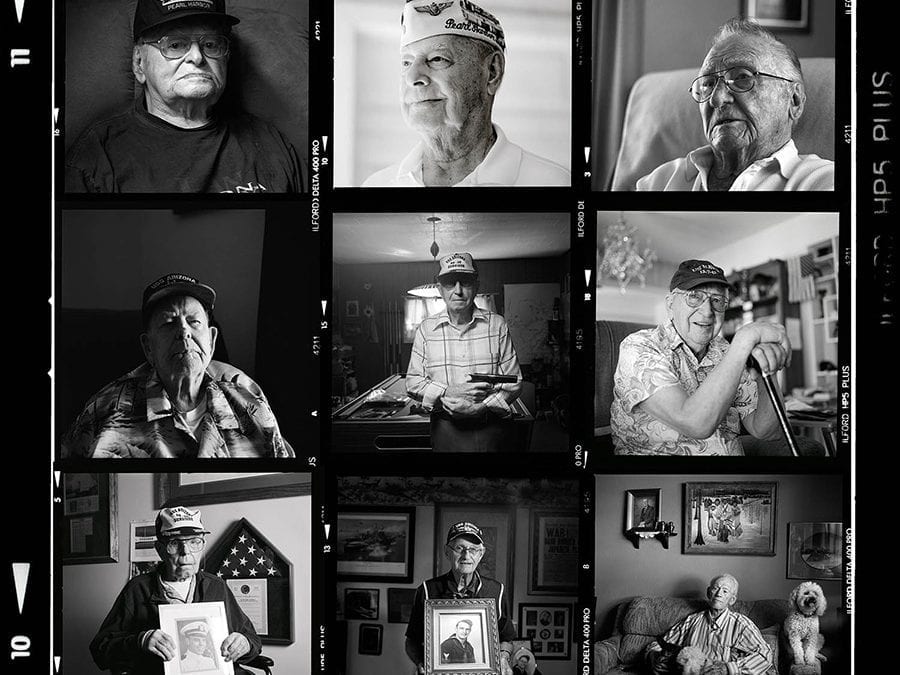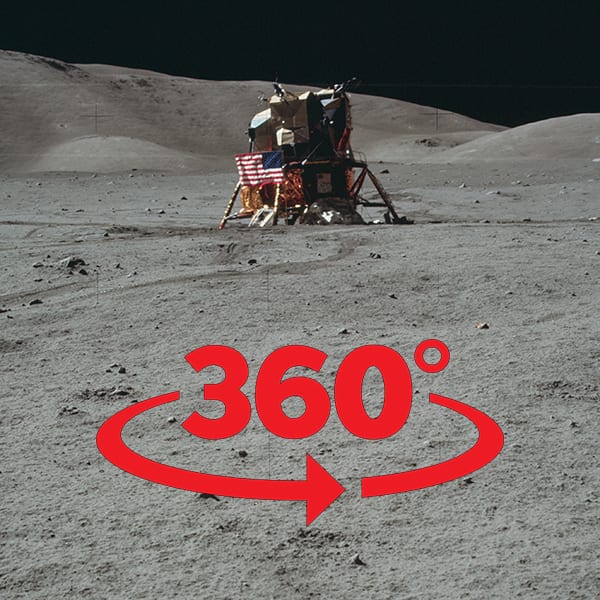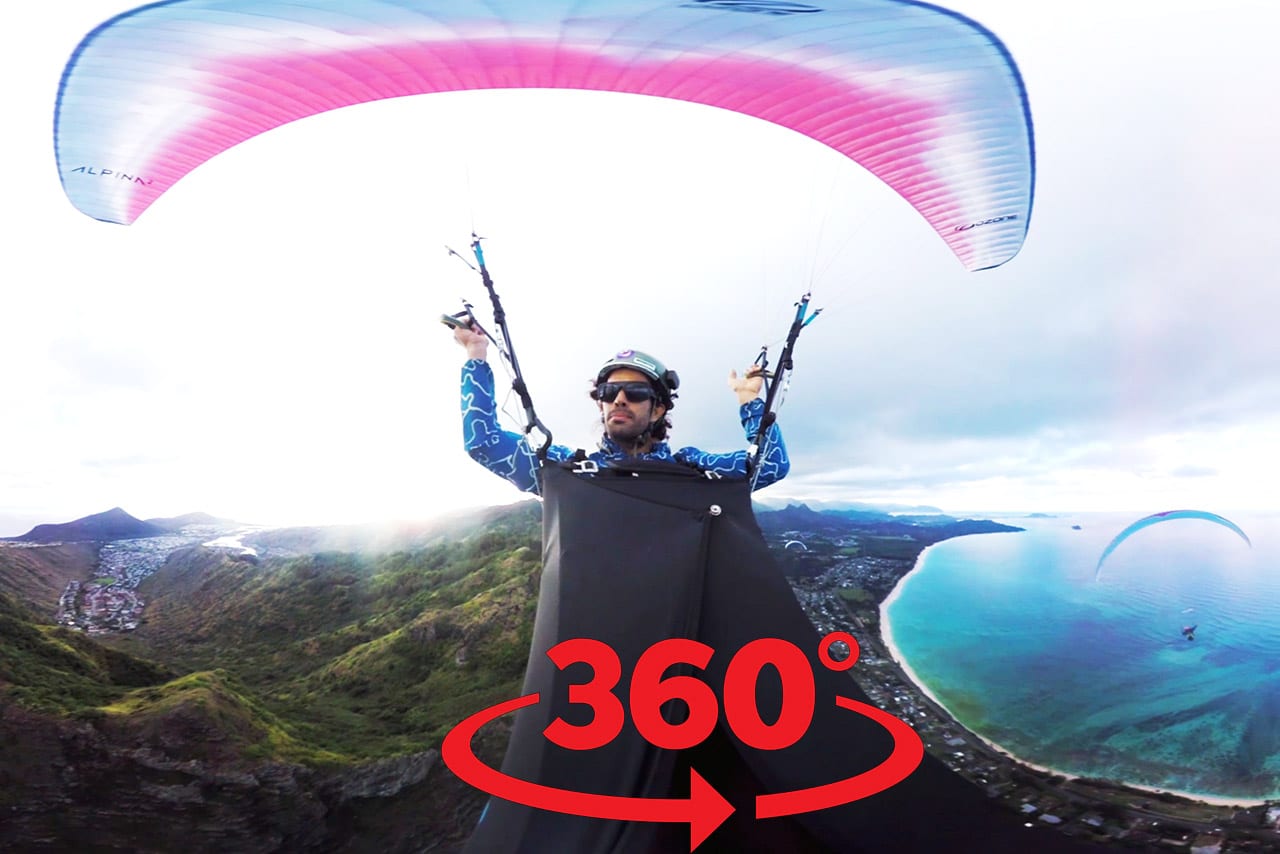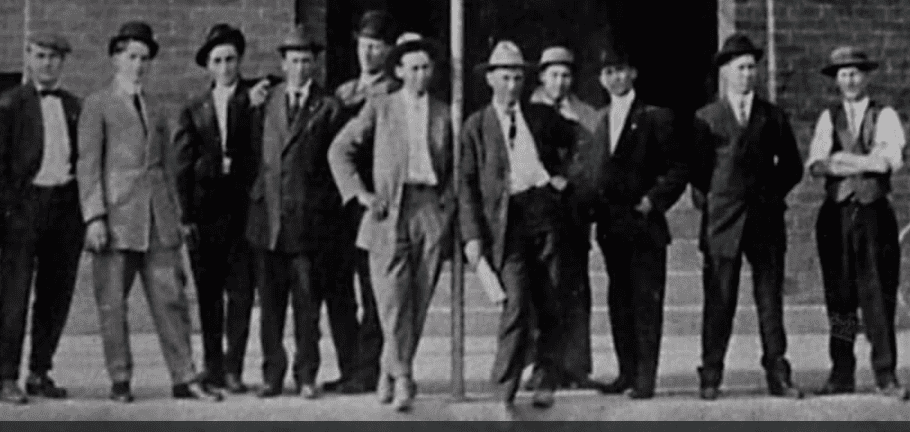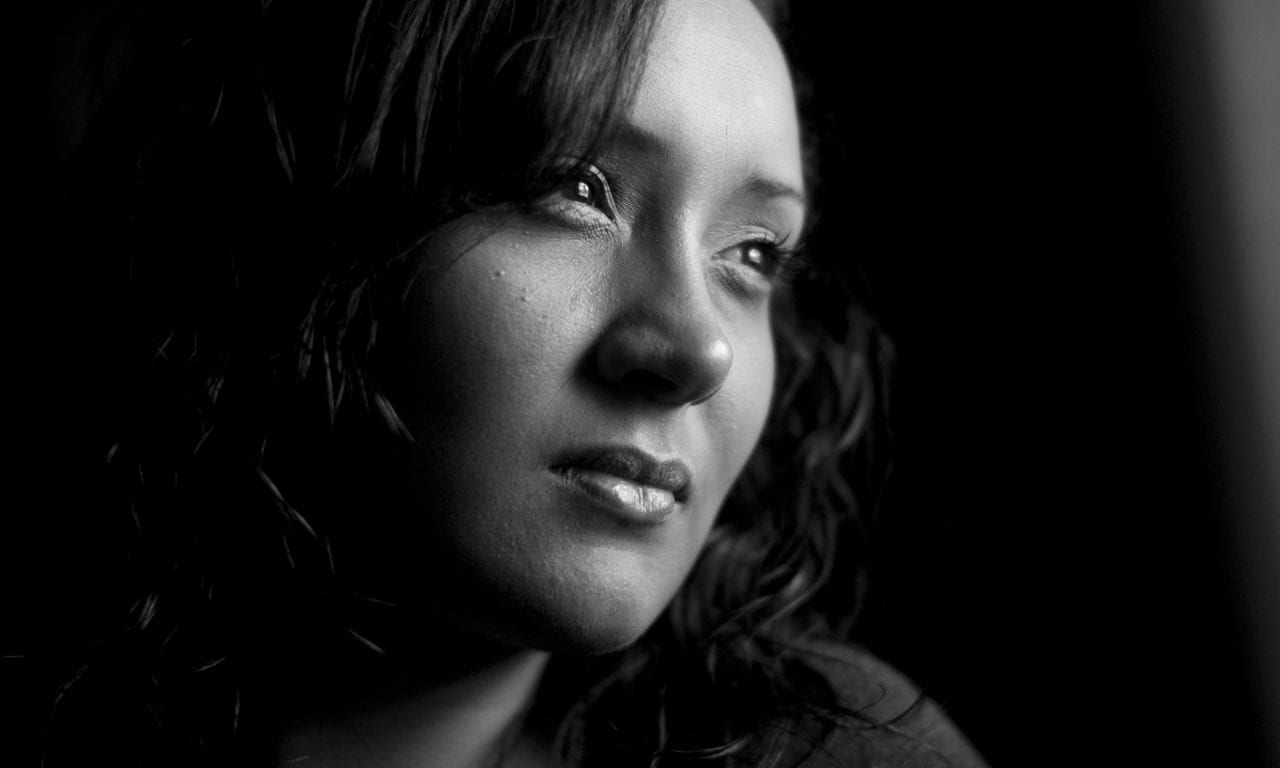Dreamers
Dreamers are young people who were brought into the U.S. as undocumented immigrants. Many of them identify as Americans. They grew up here. They went to school here. But the law still places them as outsiders. I photographed the following Dreamers as a new program called DACA was being announced that would allow them to stay in the country and work. They talked about how they hoped this new change would impact their lives.
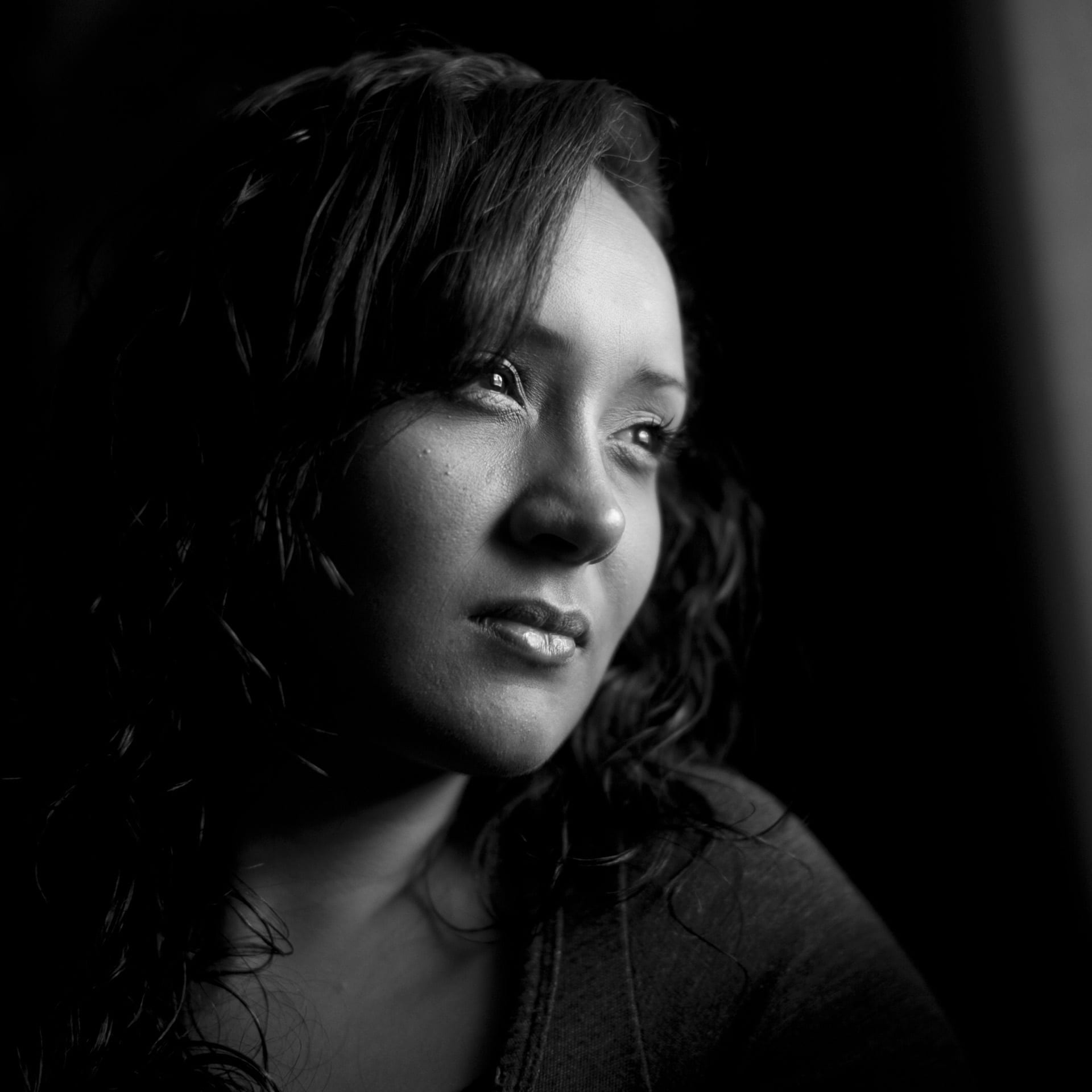
Erika Andiola
Erika Andiola, 25,and her mother came to the U.S. when she was 11 to escape an abusive father. She’s looking forward to not living in fear of being deported. “It gives you a sense belonging a little bit more than before.,” she said. She looks forward to using her psychology degree from ASU to help council victims of domestic violence.
In five years she hopes there will be a permanent immigration solution. “I need to be accepted in the country as what I am, an American” she said. “And be able to have a path to citizenship. A lot of my friends who are undocumented have engineering degrees from ASU. They can’t even put their talents to work. Perhaps one of them can be the next Google.”
Lorenzo Santillan
Lorenzo Santillan came to the U.S. when he was 3 months old. He’s trained as a chef and is excited at the possibility to be able to work and learn legally under chefs. “It’s been really hard for me to not break the law, pay my taxes and all that good stuff,” he said. He thinks the new permit will be a great stepping stone and let him grow as a person. In ten years he hopes to open his own restaurant.
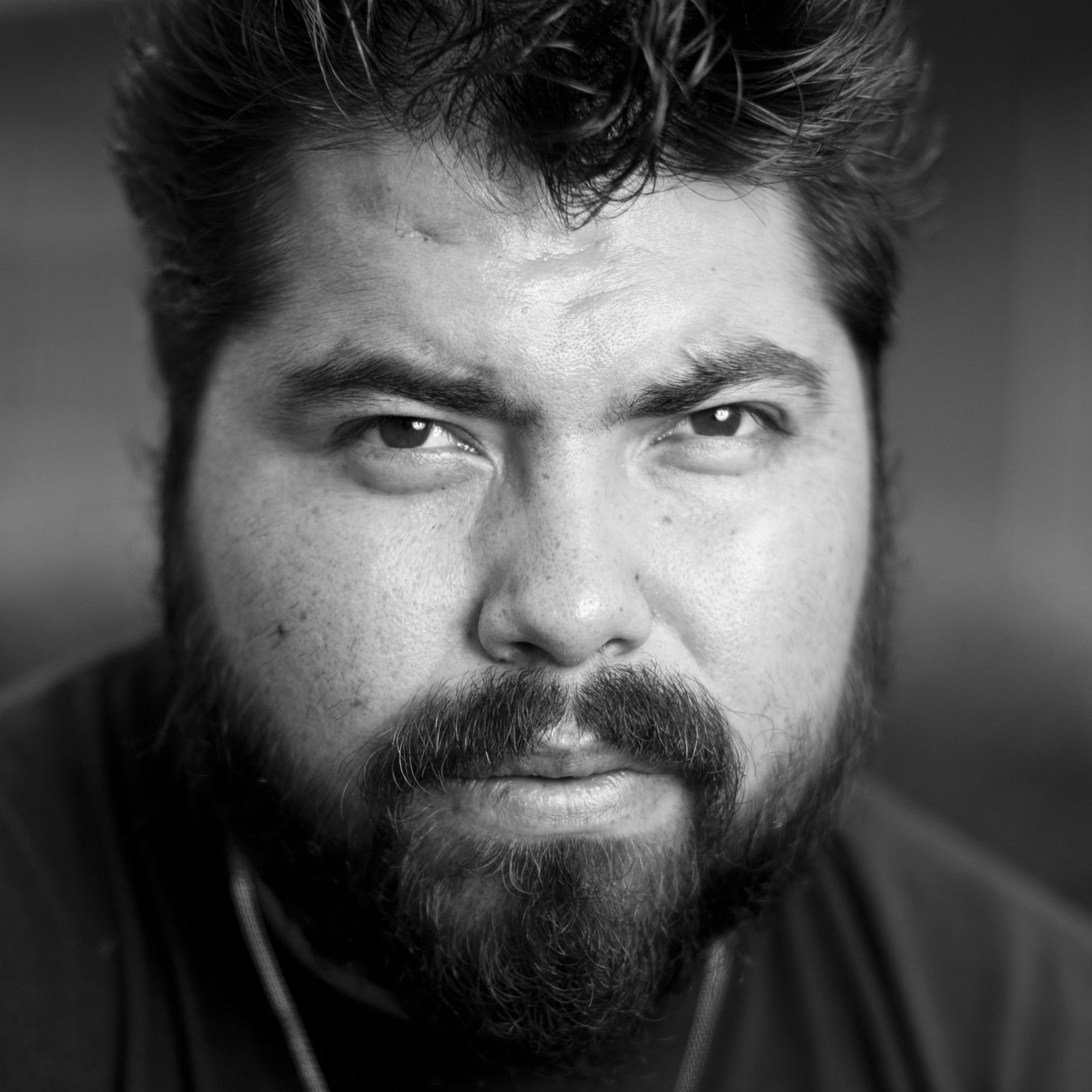
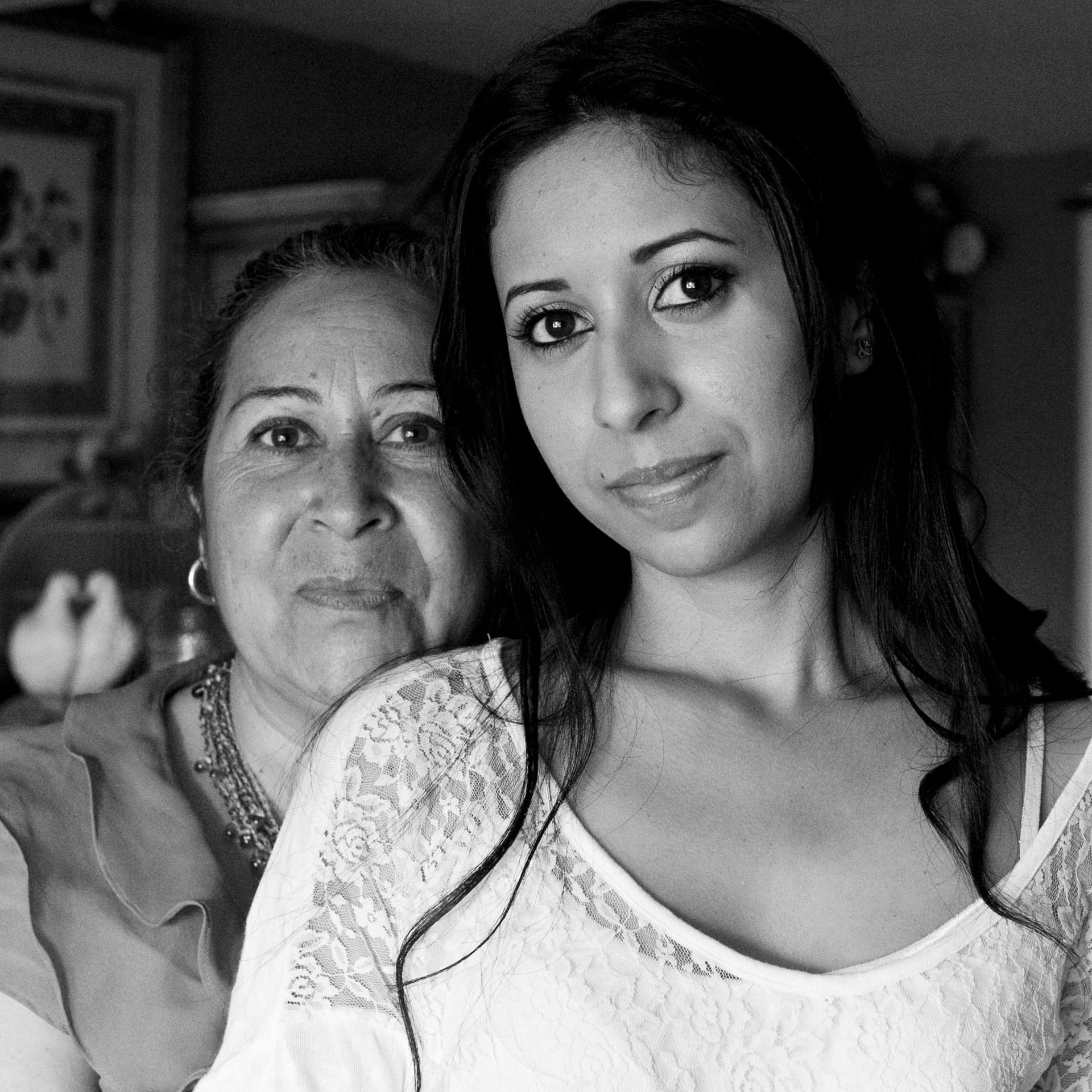
Lucero Santillan
Lucero Santillan, 24, came to the U.S. with her mom when she was 11-years-old. She has two siblings that are citizens and one that is undocumented. Her mother, Ramona Garcia, is a U.S. citizen. “I am going to be able to come out of the shadows, because you always live hiding.” She said.
“All the time that I came here from Mexico, I just stayed here. I didn’t go anywhere. I wish that I could travel like my friends,” she said.
It’s frustrating for her to watch her friends go to school, find careers and grow up. “I just want to make up for the time that I lost.” she said,” I want to go school and be a social worker.”
Brayan Abigail Mejia Ramirez
Brayan Abigail Mejia Ramirez, 21, came to the U.S. when he was three-years-old. He didn’t know he was undocumented until he was 16 and wanted to get a drivers license. He finished school at the East Valley School of Technology for culinary arts.
He’s looking forward to being able to work, go to school, and support his family. “It’s the things you don’t really think about, that matter so much to us.” He said. He hopes in the next five years to own his own home.
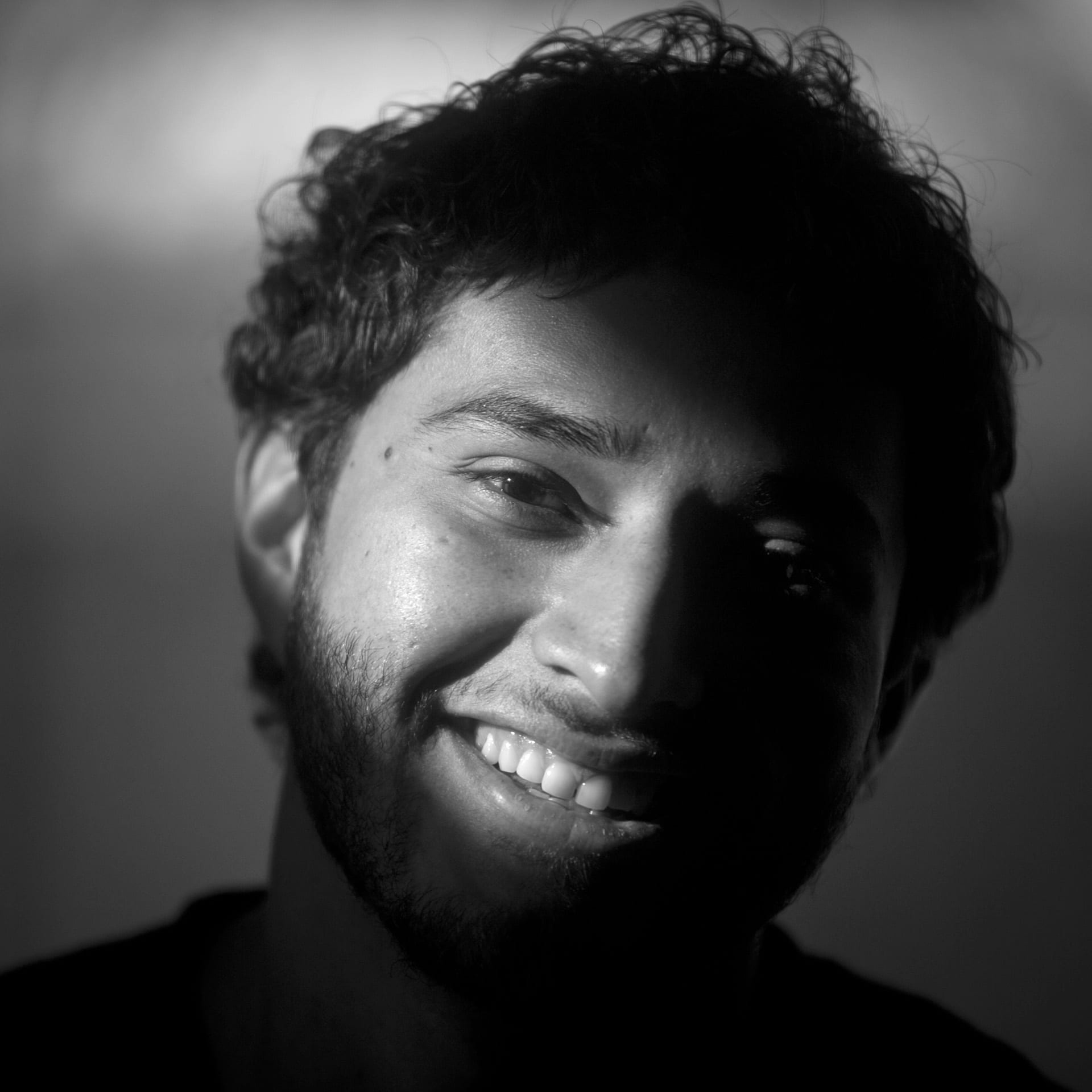
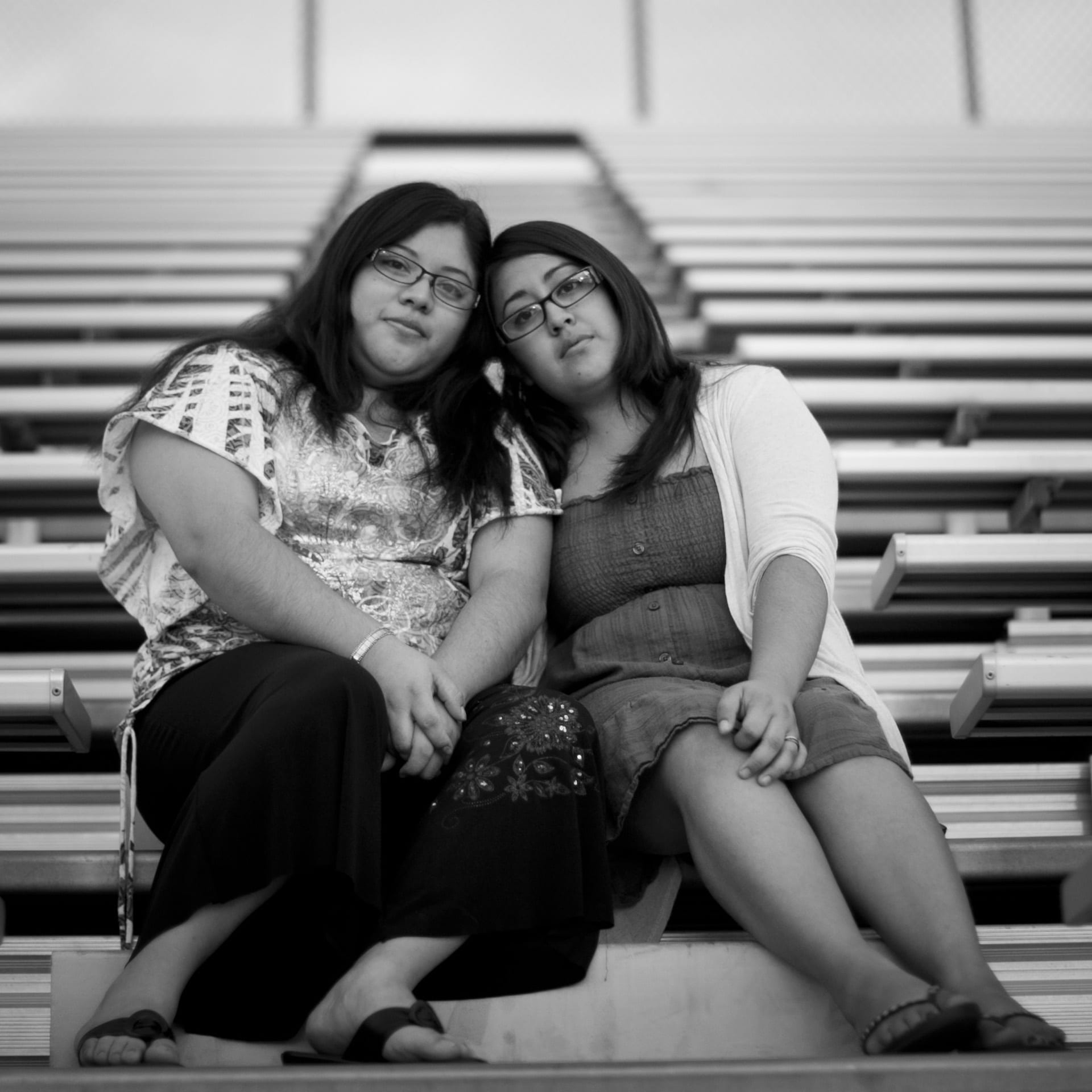
Carina Gayosso
Carina Gayosso, 18, left, came to the U.S. when she was six-years-old. She is a freshman at Grand Canyon University in the pre-med program. She hopes to become a pediatrician. “Because most dreamers grew up here, this is all we know. We consider ourselves to be Americans. We know everything about here. We follow the rules. We learn about the constitution in school,” She said.” Some of us, we appreciate everything the U.S. gives us more than people who just have it for granted.”
Christian Lira
Christian Lira, 23, was ten when his family moved to Phoenix from Nogales, Mexico,. He’s studying architecture at ASU and hopes toearn an advanced degree. He is the first in his family to go to college. “I feel that was one of the reasons they brought us to the United States,” he said.
He has never worked and is looking forward to getting his first job. “I’ve always been dependent on my parents,” he said.” That’s something I want to change. I want to provide for my parents.”
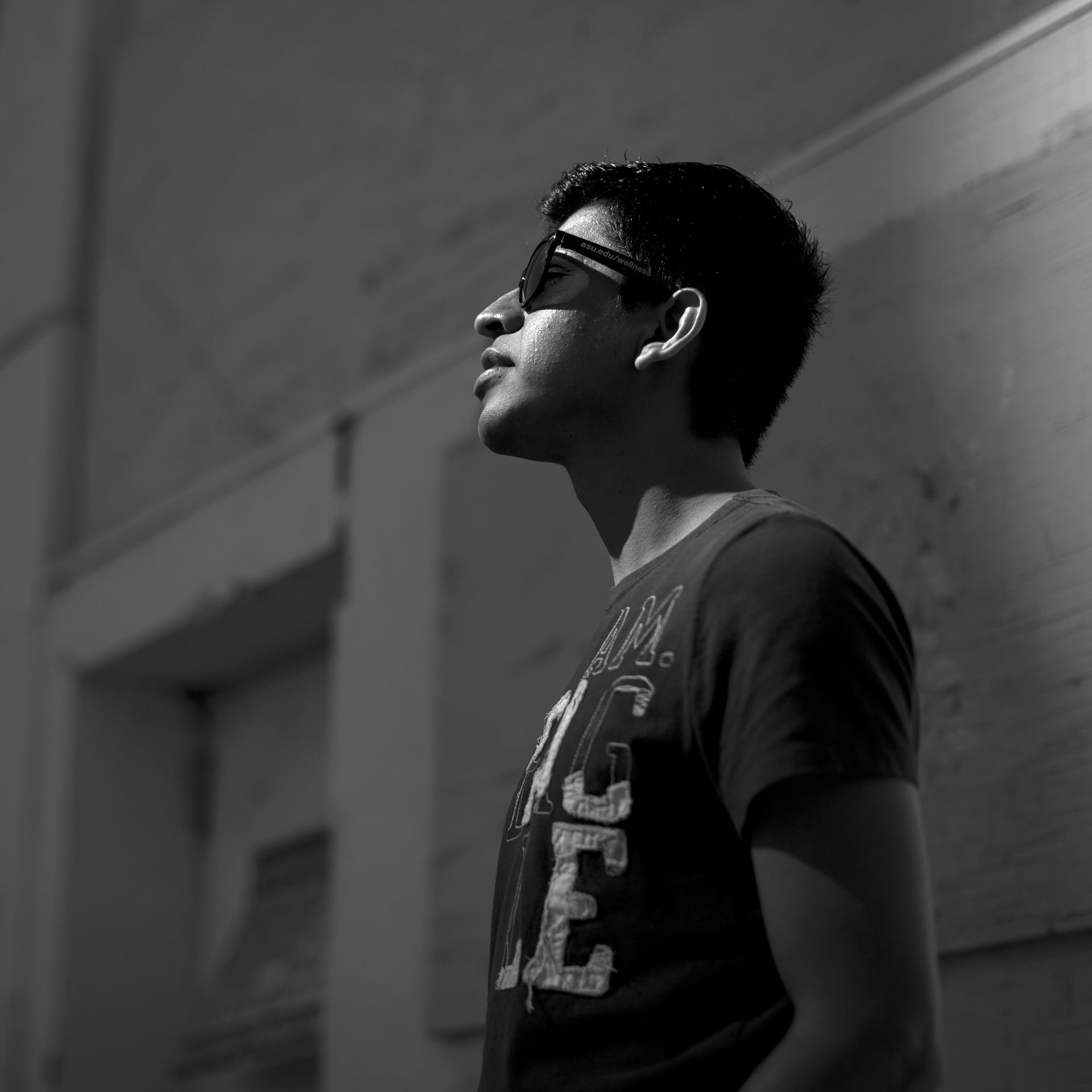
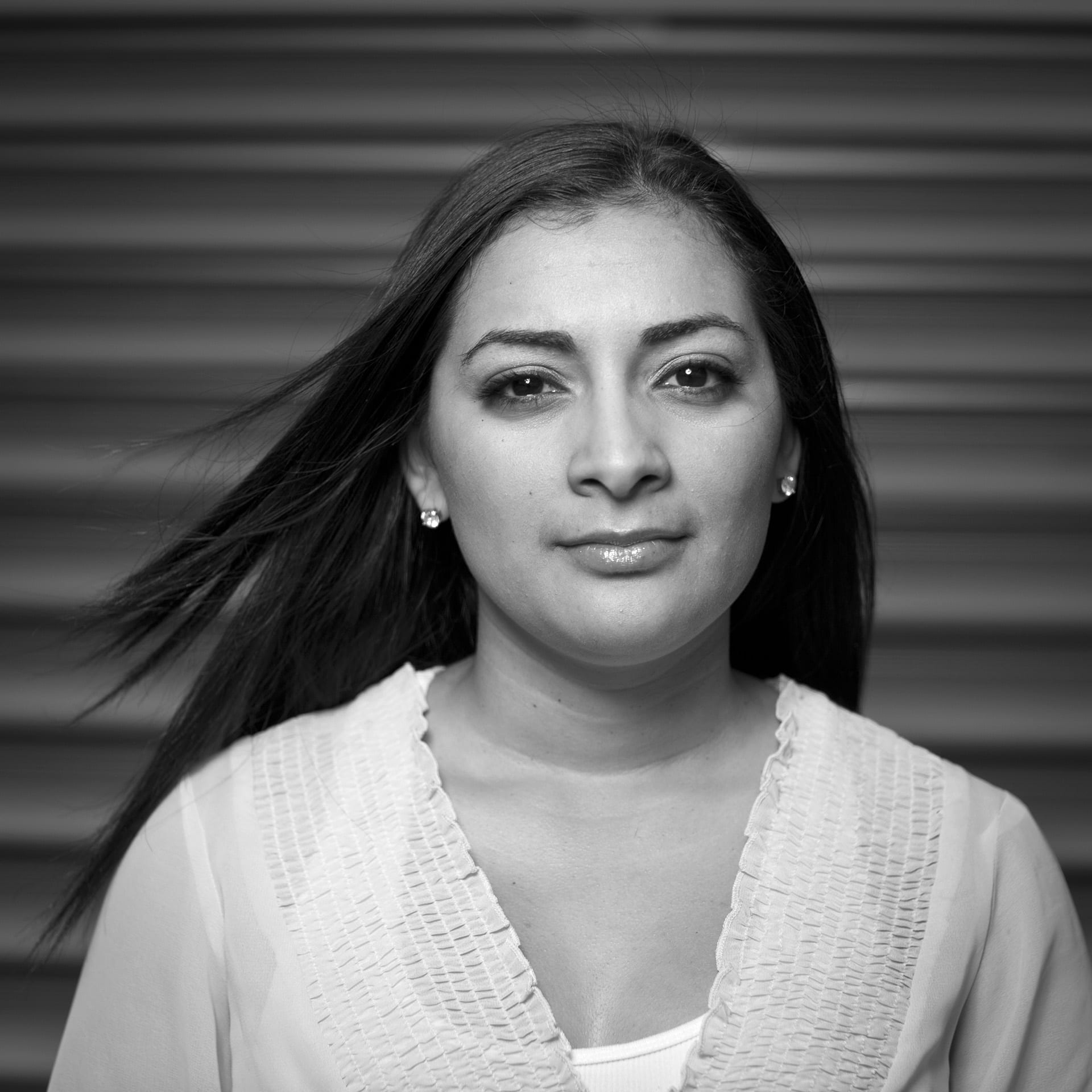
Itzel Carreon
Itzel Carreon, 22, came to the U.S. when she was a year old. She is working on an accounting degree while working full time. I will be able to use the knowledge I have gained for something that is actually pay worthy. At the moment I earn minimum wage. I do a salary job for eight bucks an hour,” she said.
“I don’t know what it means to be Mexican as opposed to what it means to be American,” she said. “I can’t say I assimilated to the culture because this is where I grew up. This is the culture that was handed to me.”
“If I’m going to be an accountant I am going to be the best dang accountant that’s out there. I’m not going to stop at that. I’m going to get my masters and maybe open my own firm,” she said.
Angelica Gaona
Angelica Gaona, 25, came to the U.S. when she was six-years-old. She earned a bachelors degree from ASU in psychology but has not been able to use her degree. “I got an education to work, not just sit at home,” she said. She finds it frustrating to see former classmates moving on with their careers while she is unable to work.
She is torn between two identities.“I consider myself American in a way, then in a way I’m not,” she said. “Because I have different cultures. Even if I were to go back to Mexico, I’m not Mexican enough for the Mexicans and I’m not white enough for the U.S. so it’s like an identity crisis you go through.”
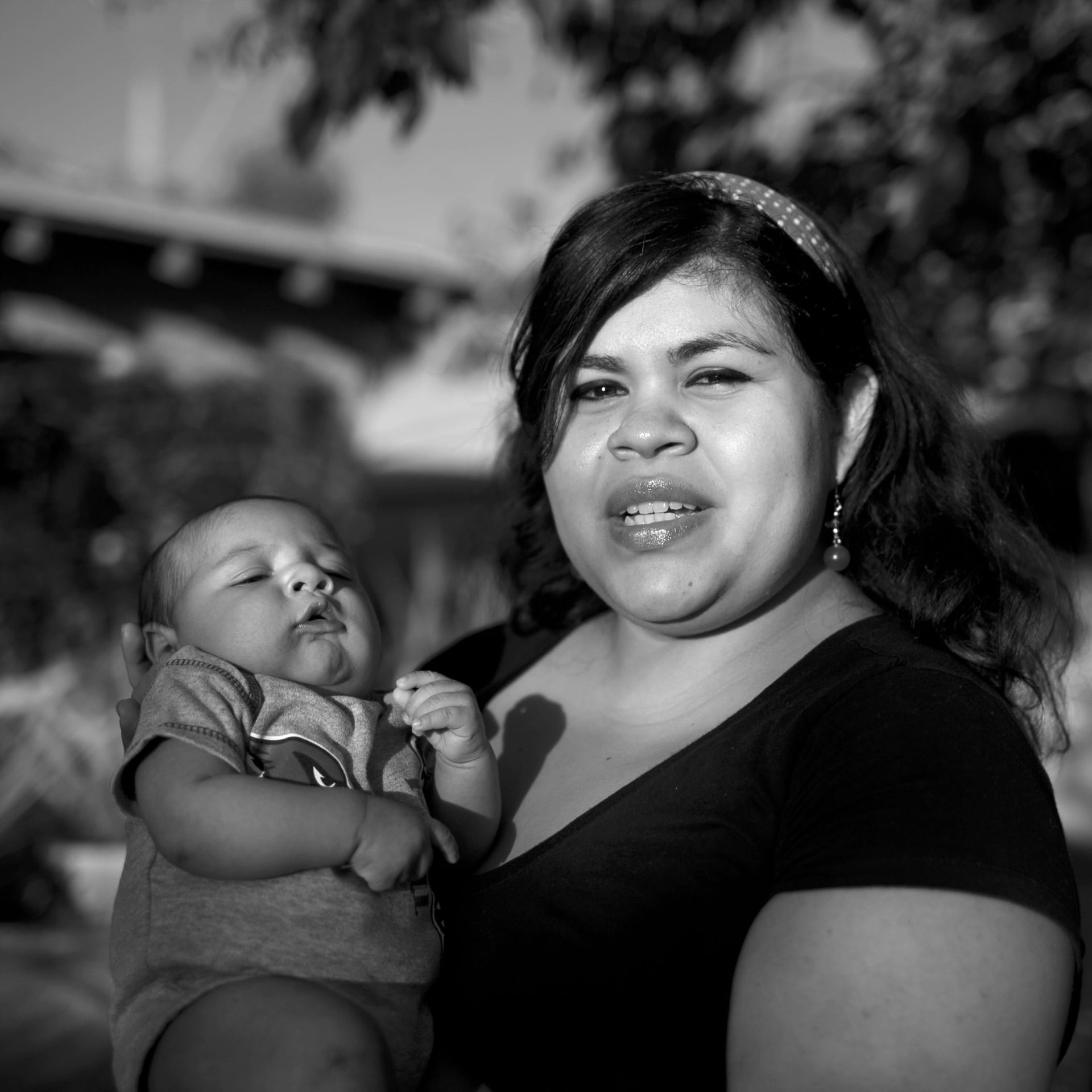
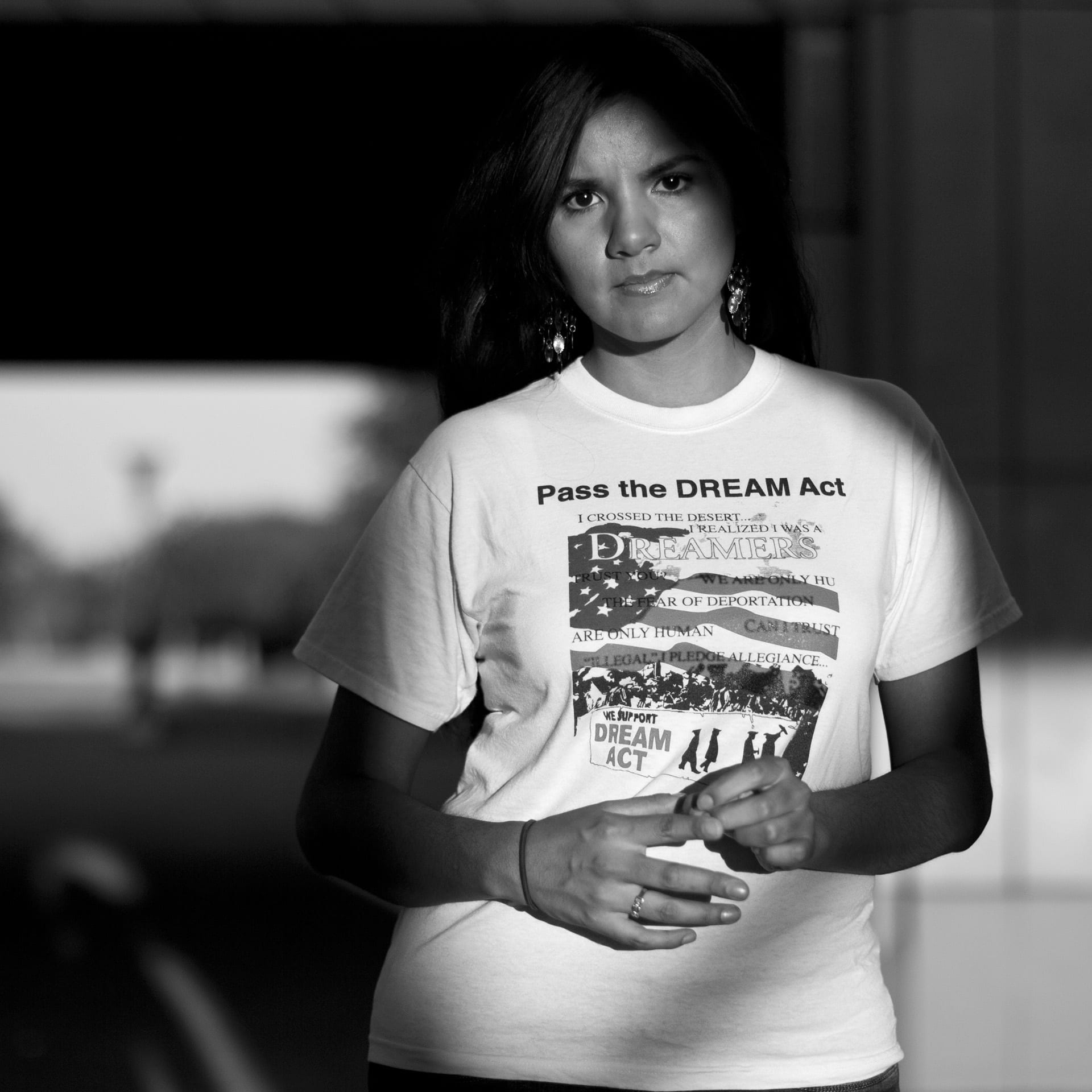
Ileana Salinas
I
leana Salinas was 15 when she came to the U.S. Her father decided to move the family from Mexico City after several children in her neighborhood were kidnapped. He sold his business and moved their family to Phoenix.
She is the first person in her family to graduate college. “With my work permit I will be able to use my degree in psychology from ASU, and also I can create more opportunities for others,” she said.”
She knows what it feels like to almost loose living in the U.S. In 2009 she was detained during a camping trip and put into removal proceedings. Her case was terminated through the prosecutorial discretion that President Obama announced in 2011.
Jesus Henry Mejia
Jesus Henry Mejia, 20, came to the U.S. when he was two-years-old. He quit high school to support his girlfriend and new born daughter Nissi Rose Mejia. He’s finishing up his education through online courses. His dream is to one day be a police officer. “We are hard working. We’re not like stereotypes,” he said. “We’re good people, they just need time to see that.”
